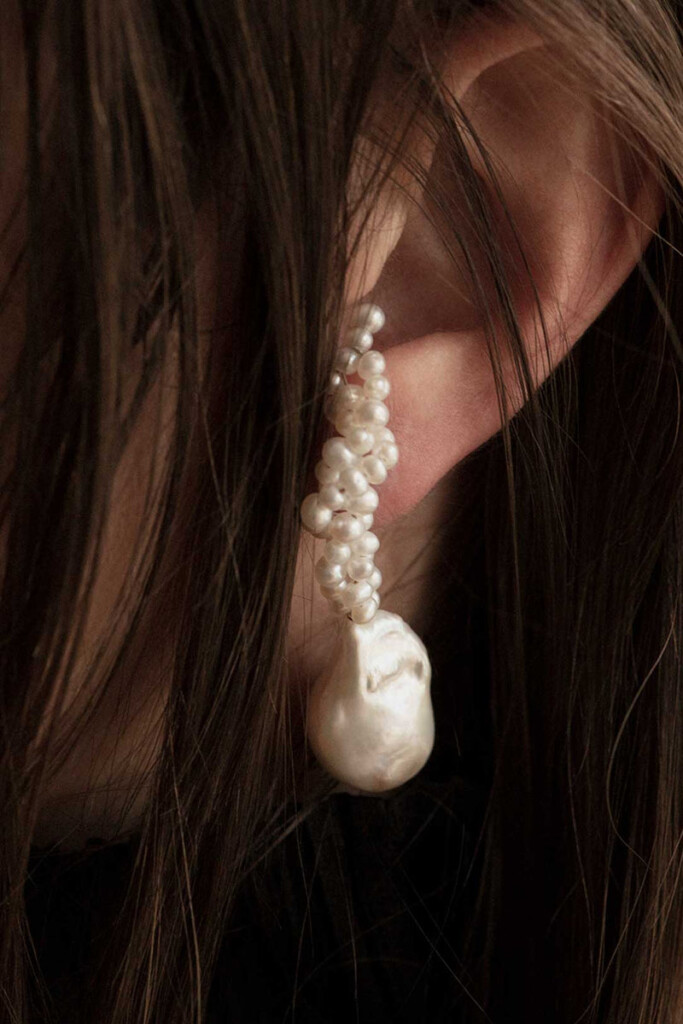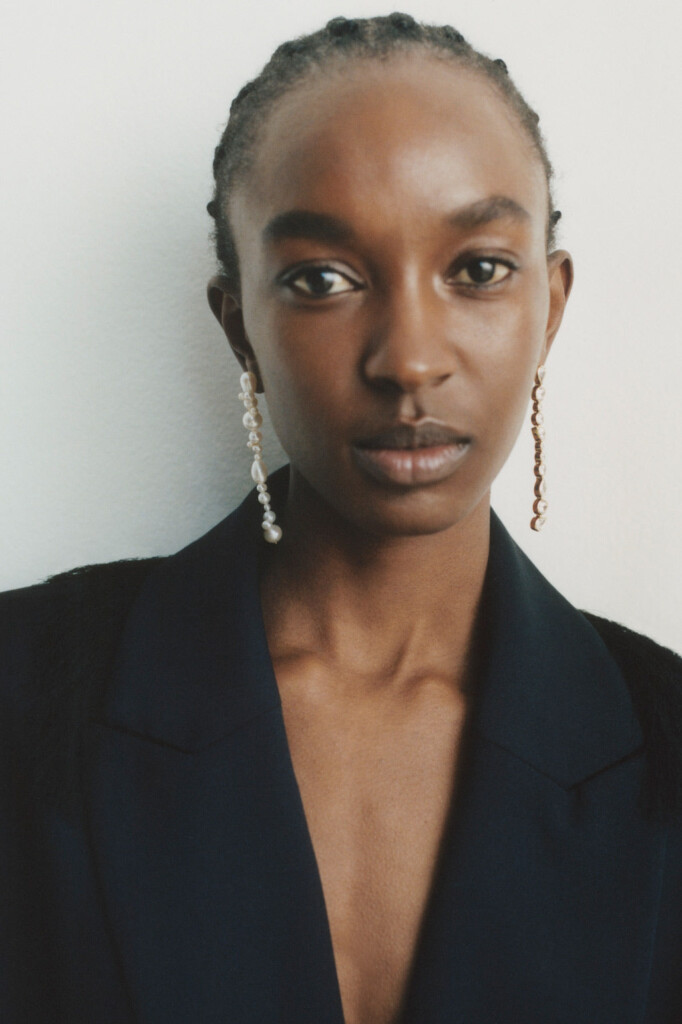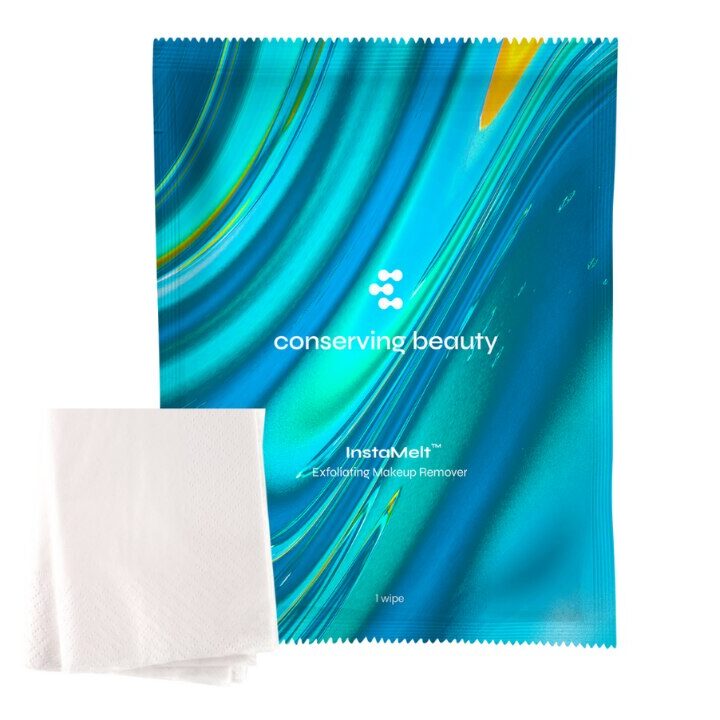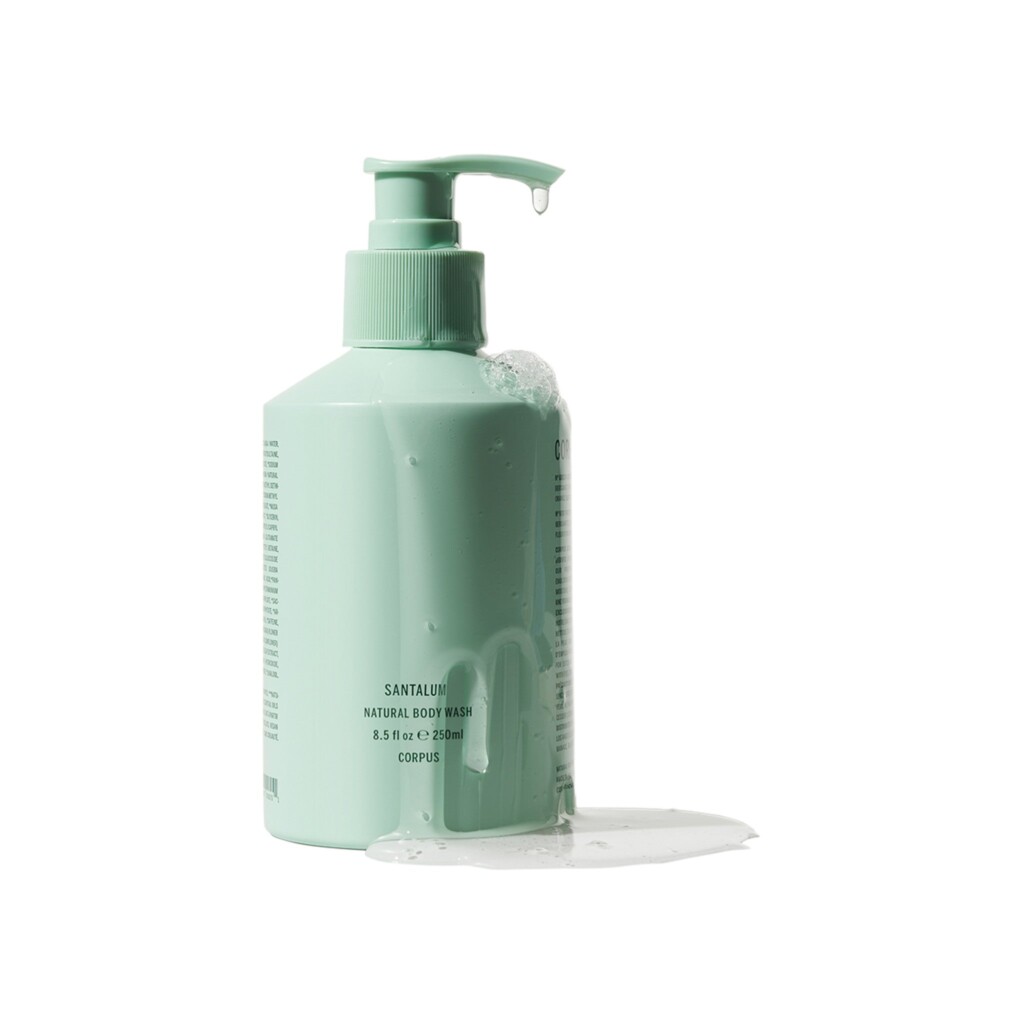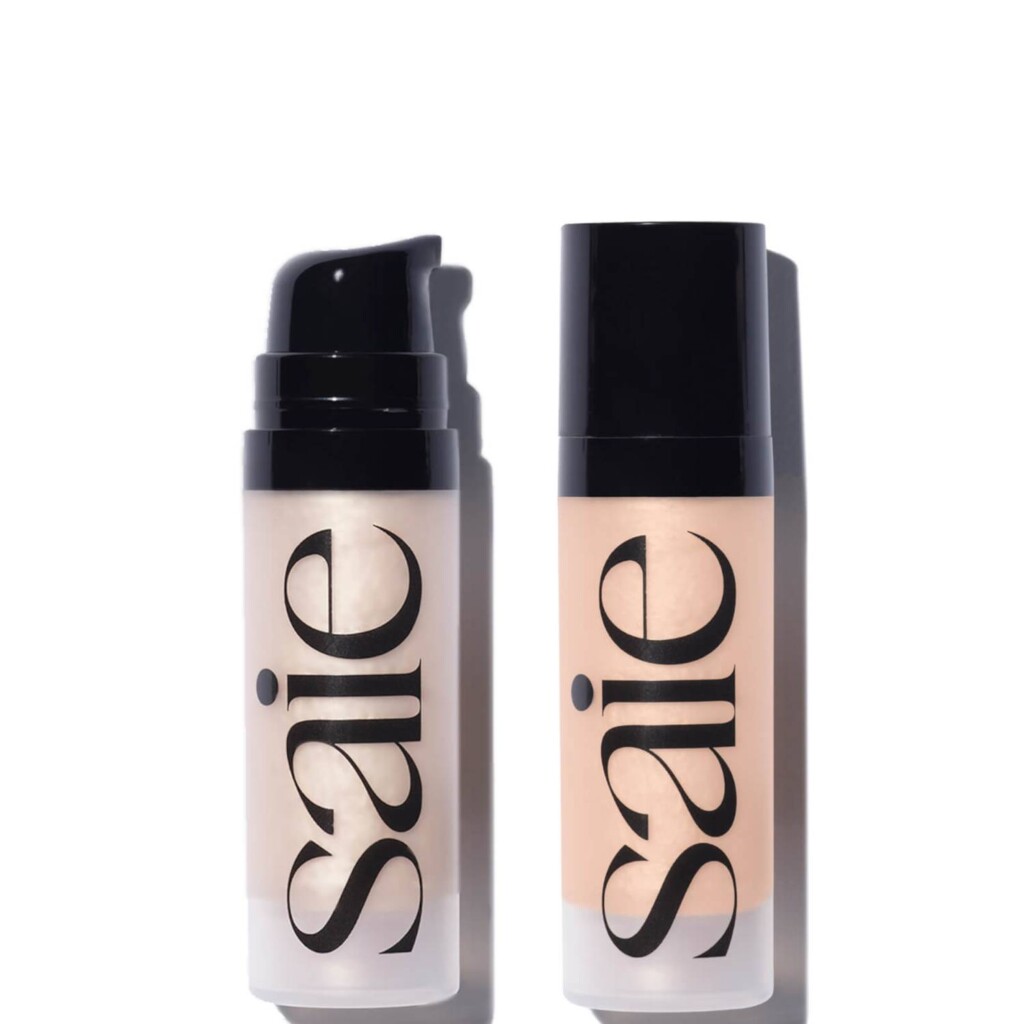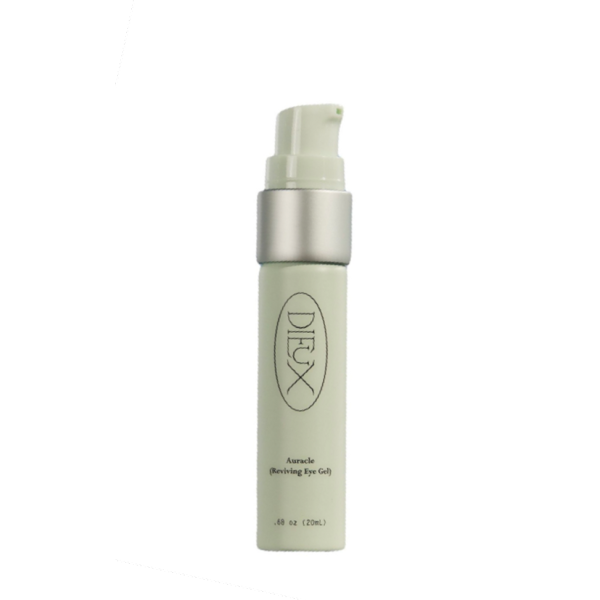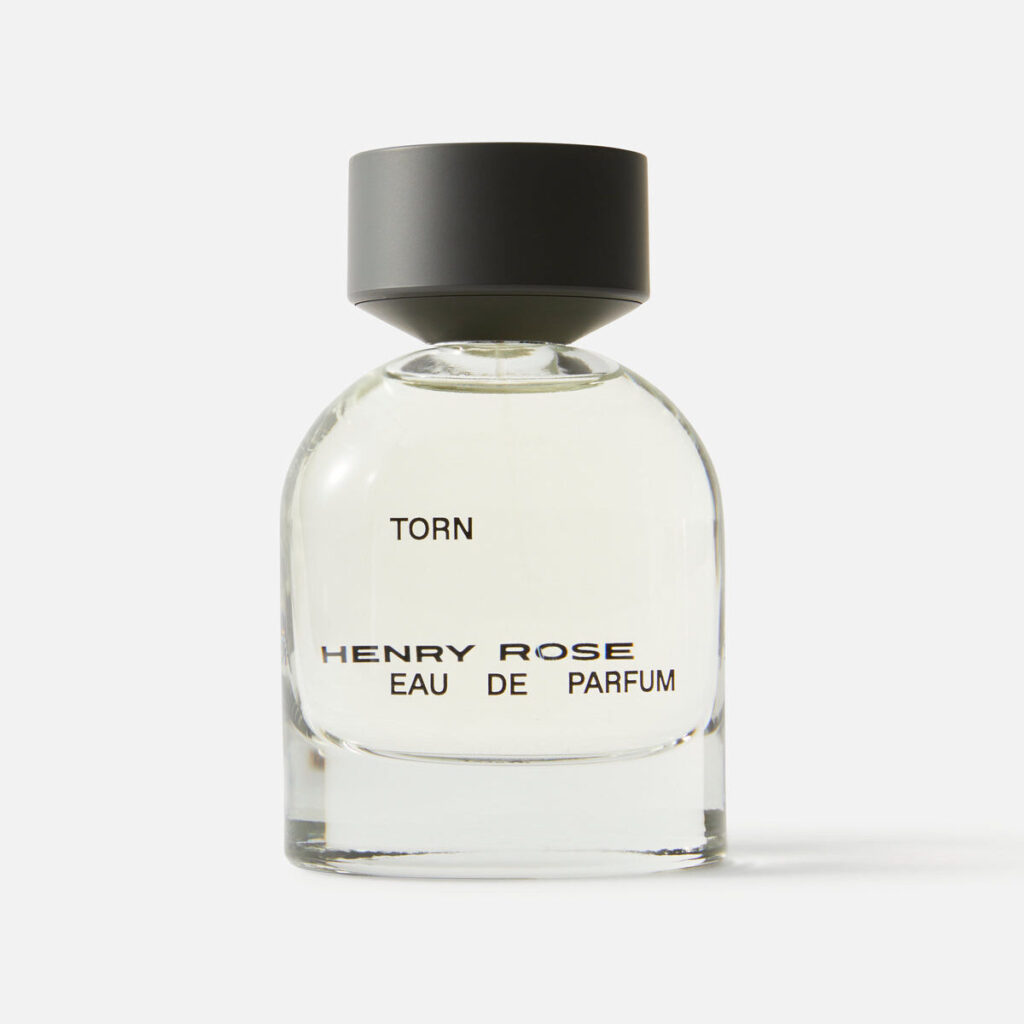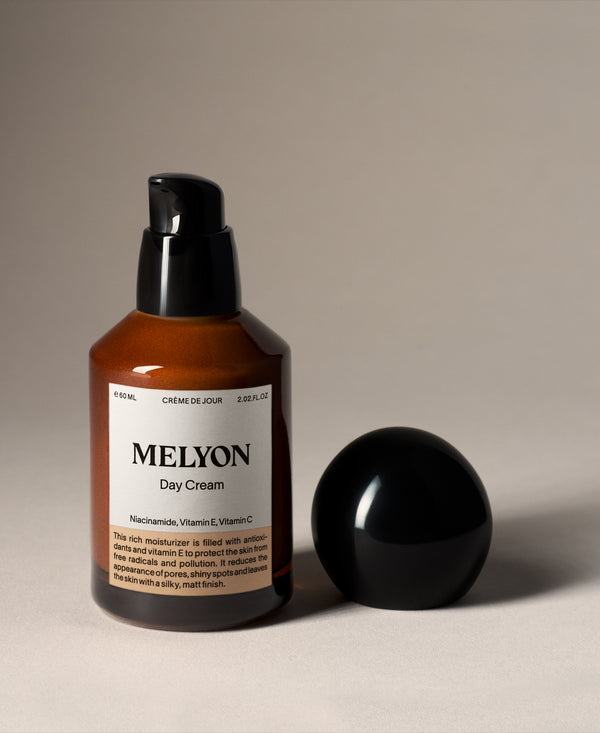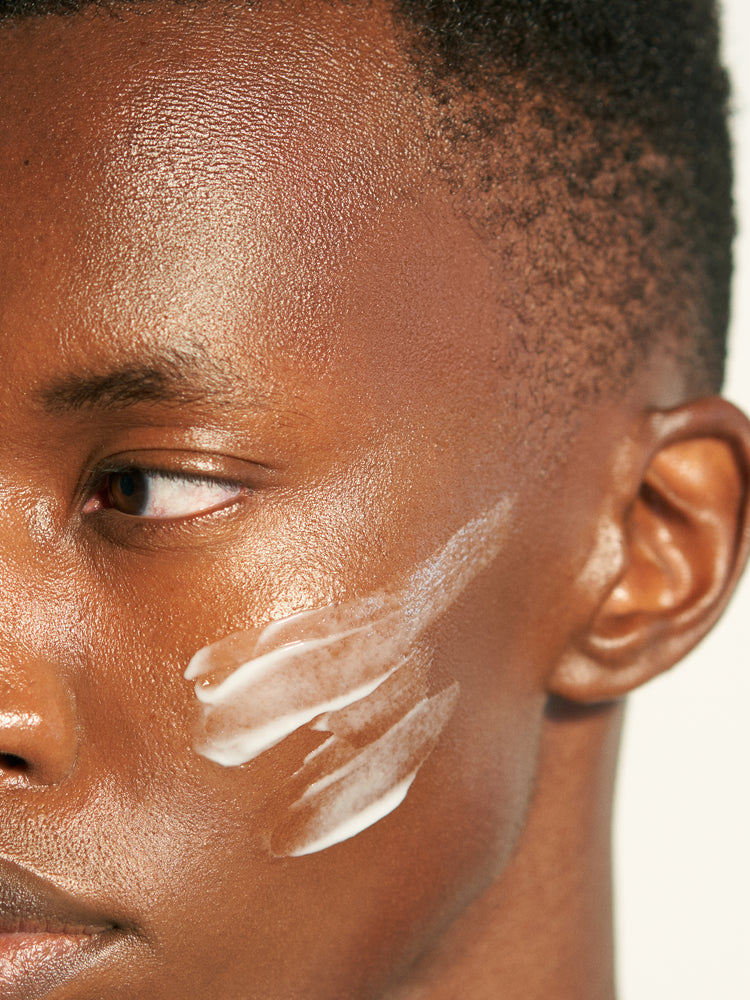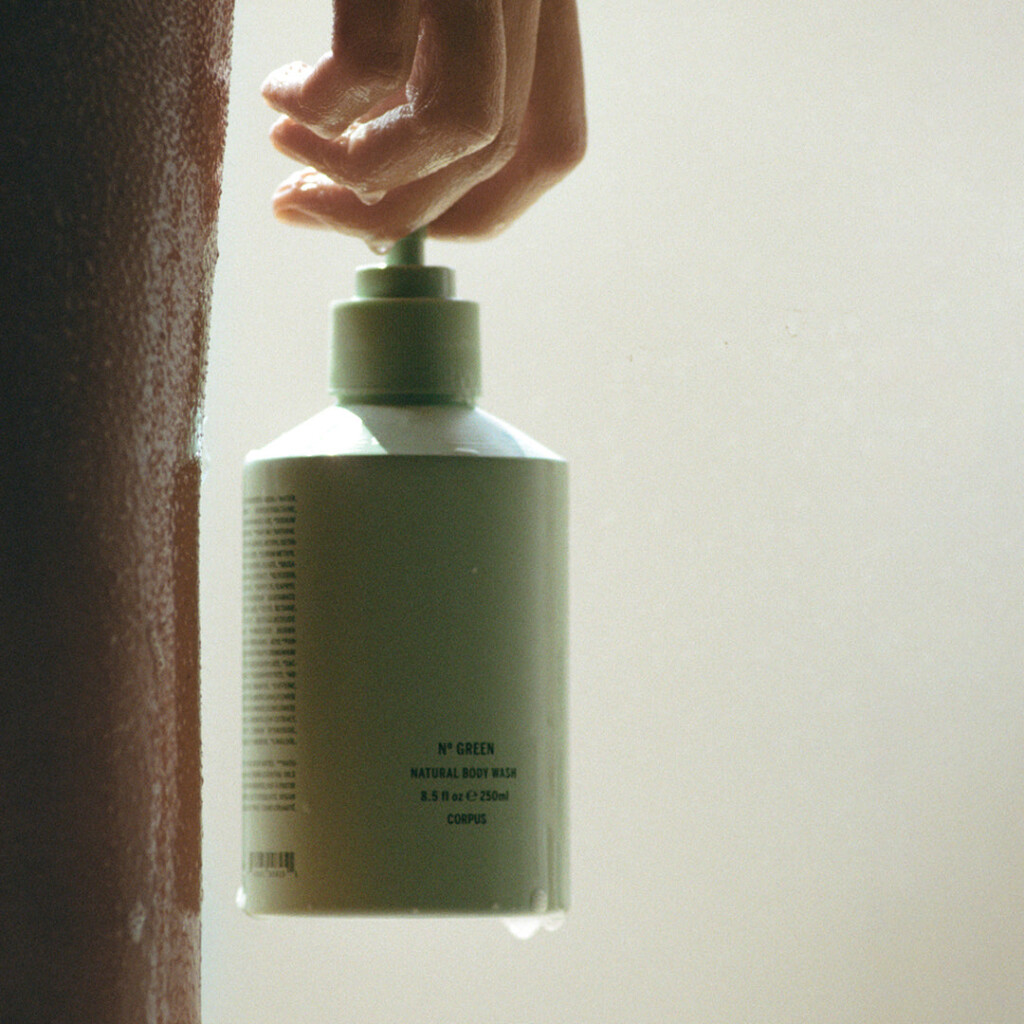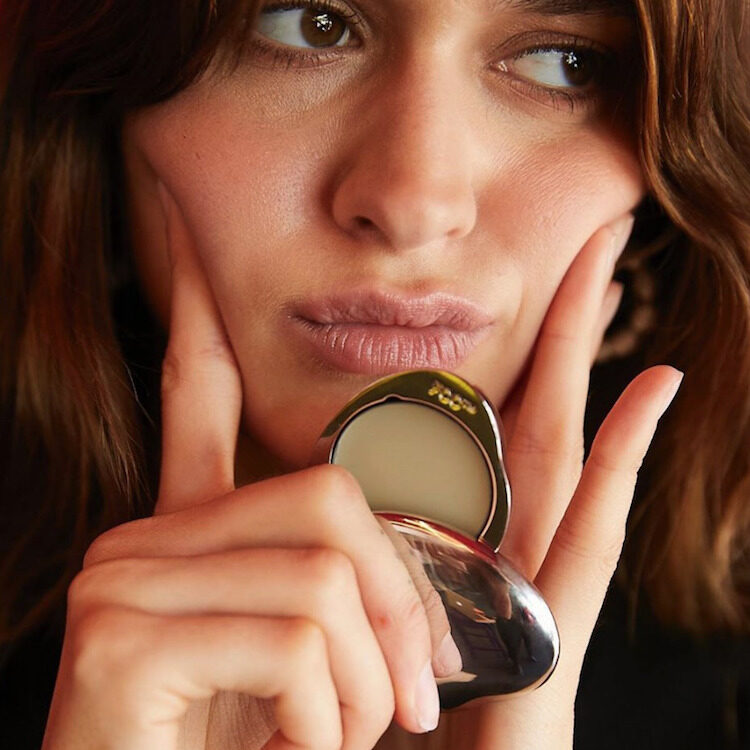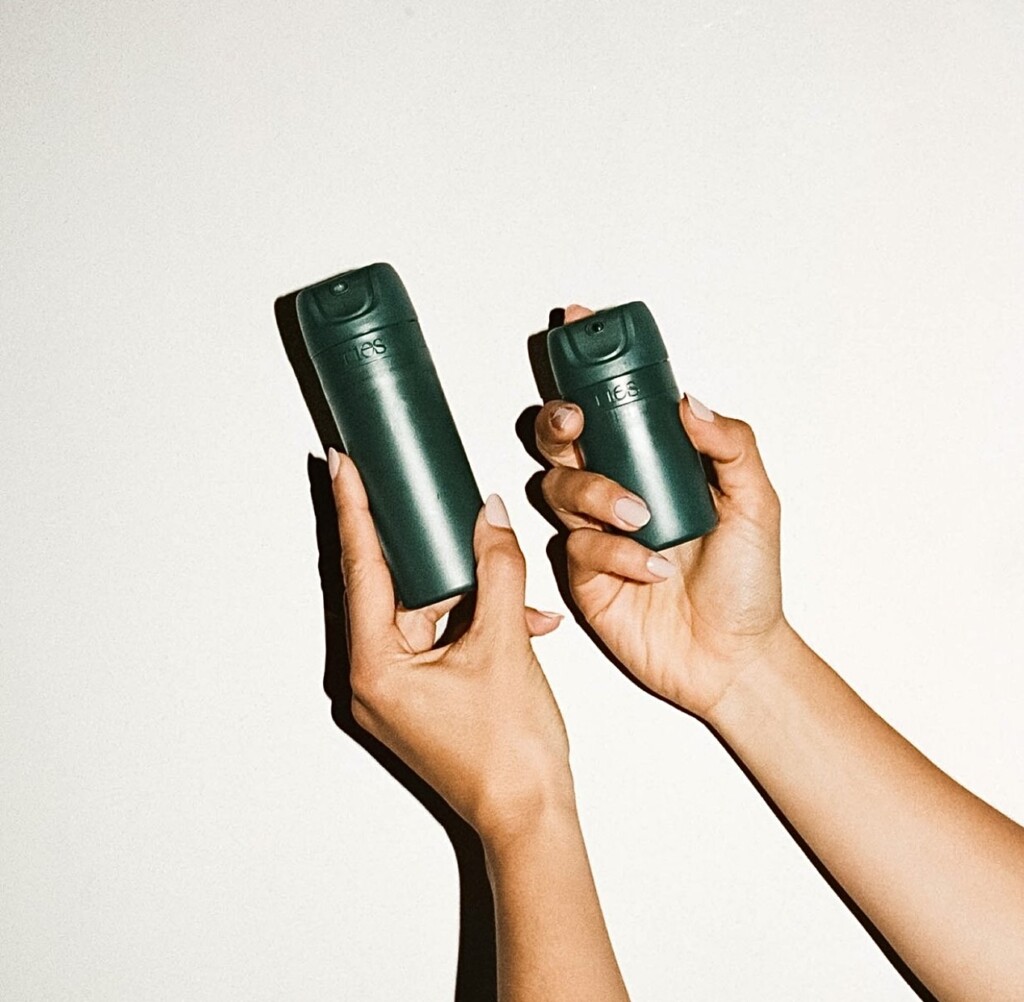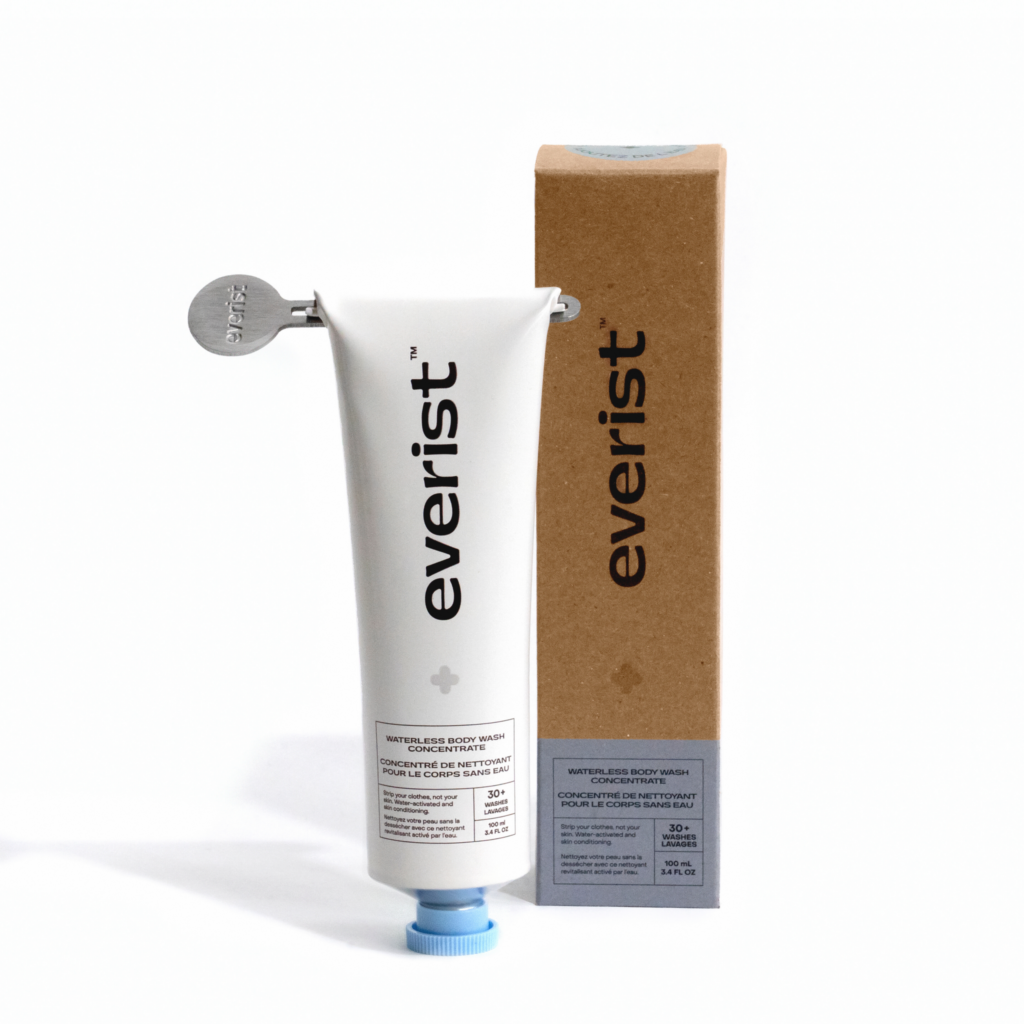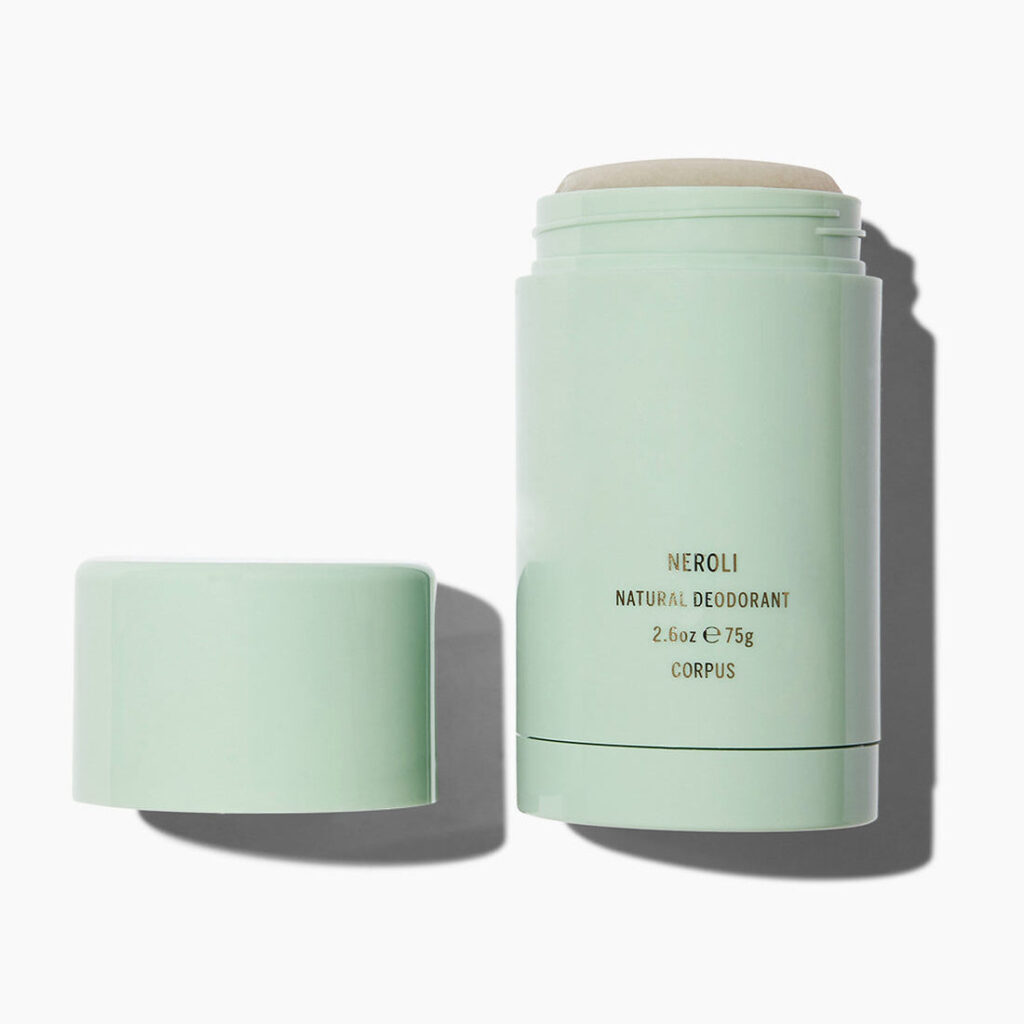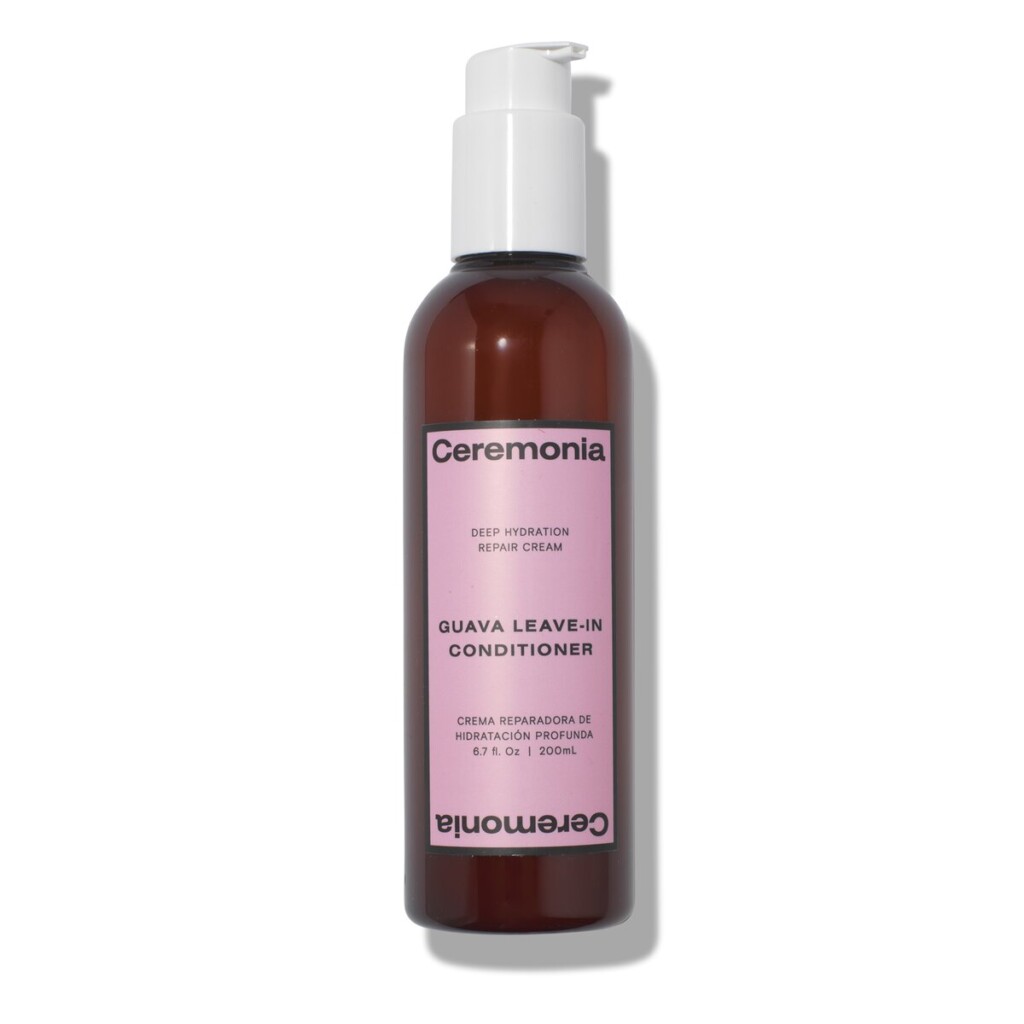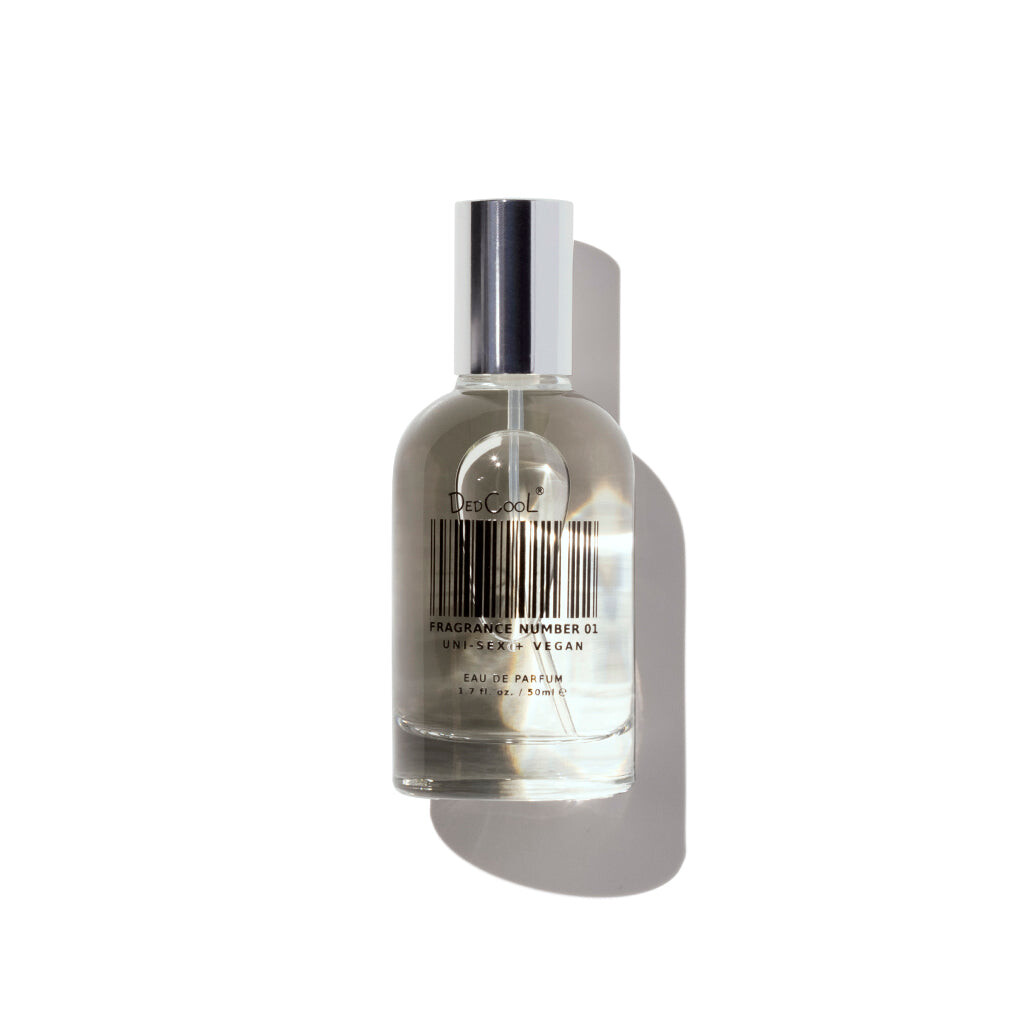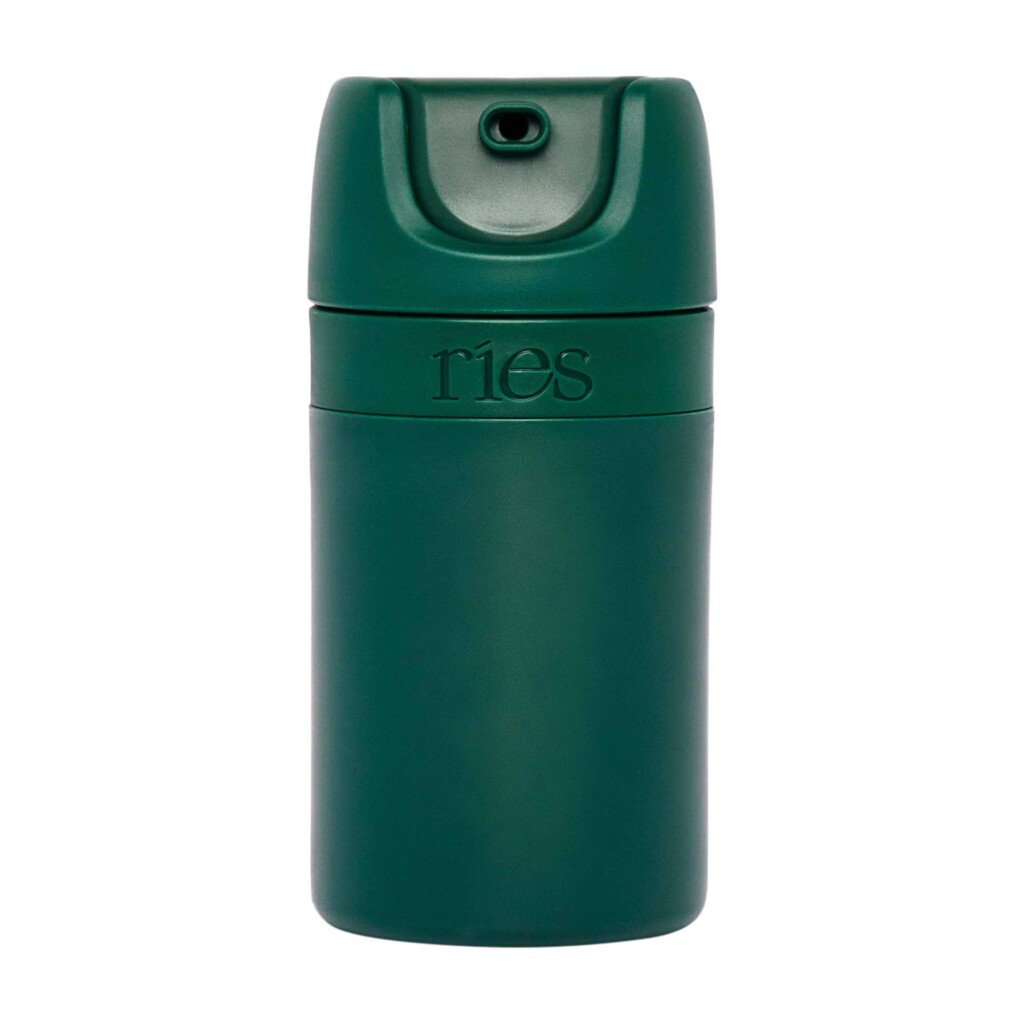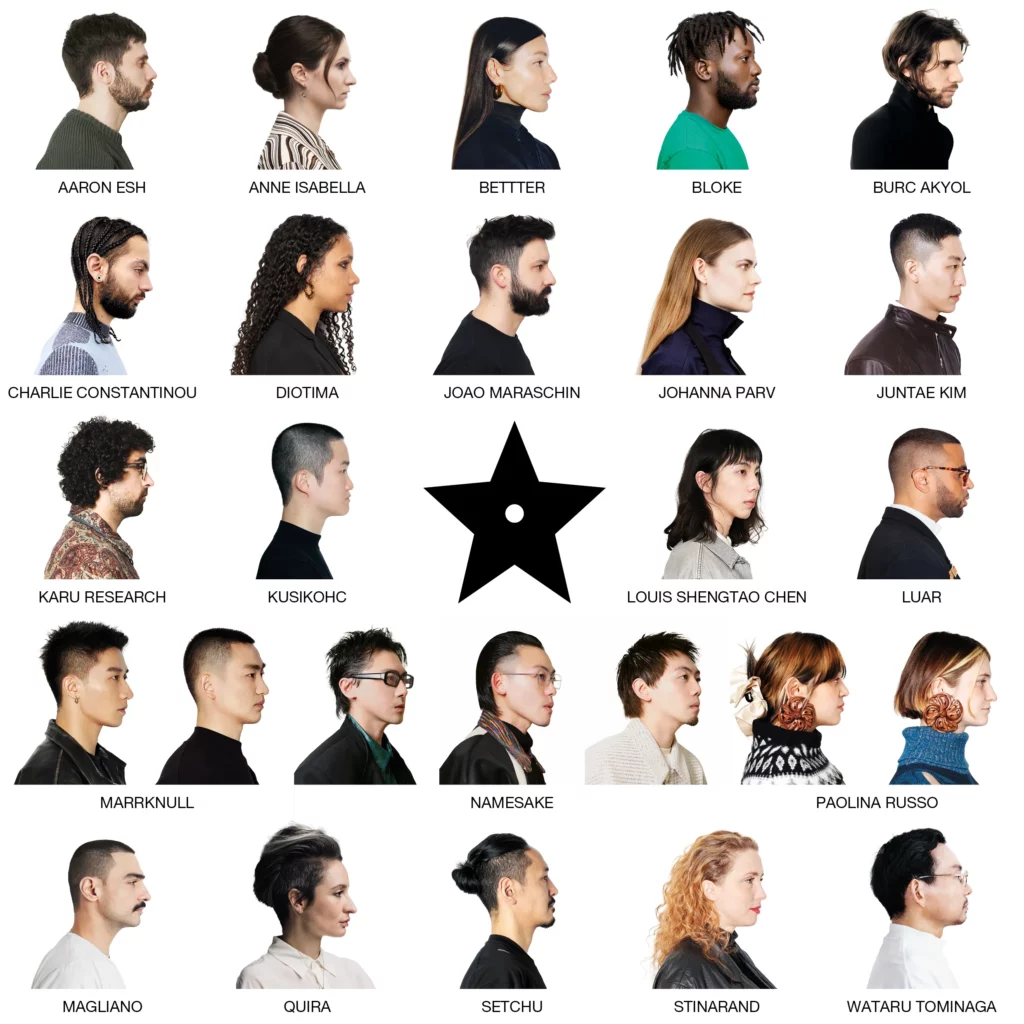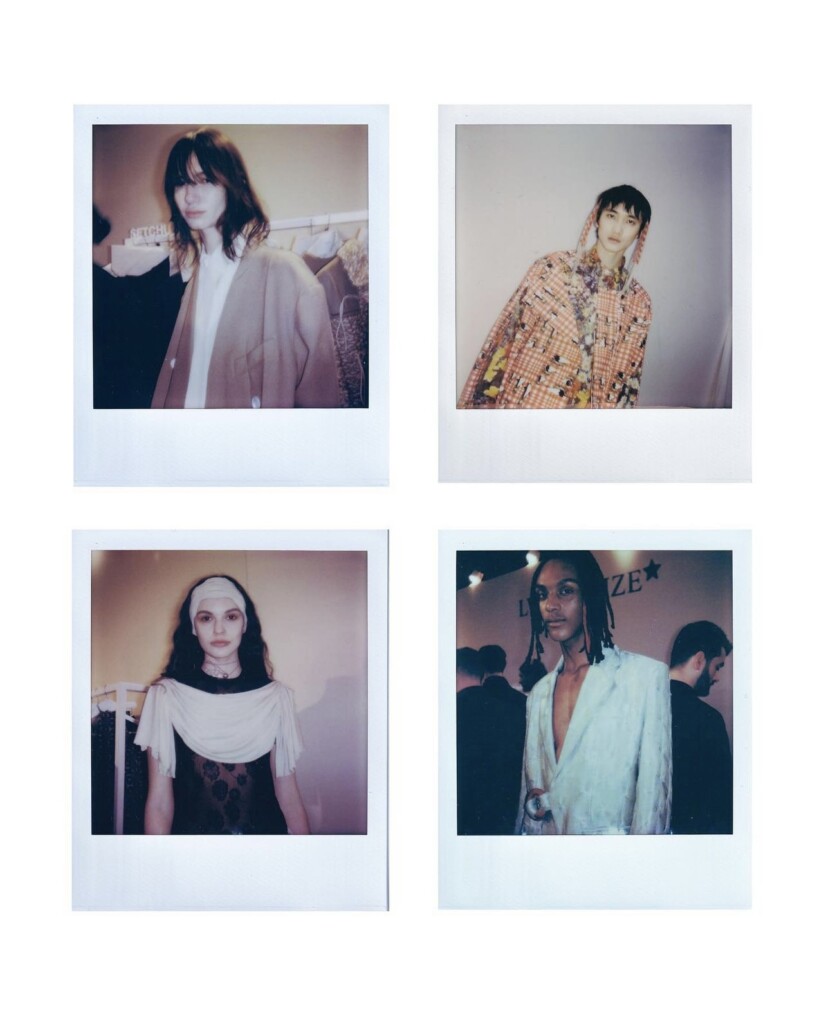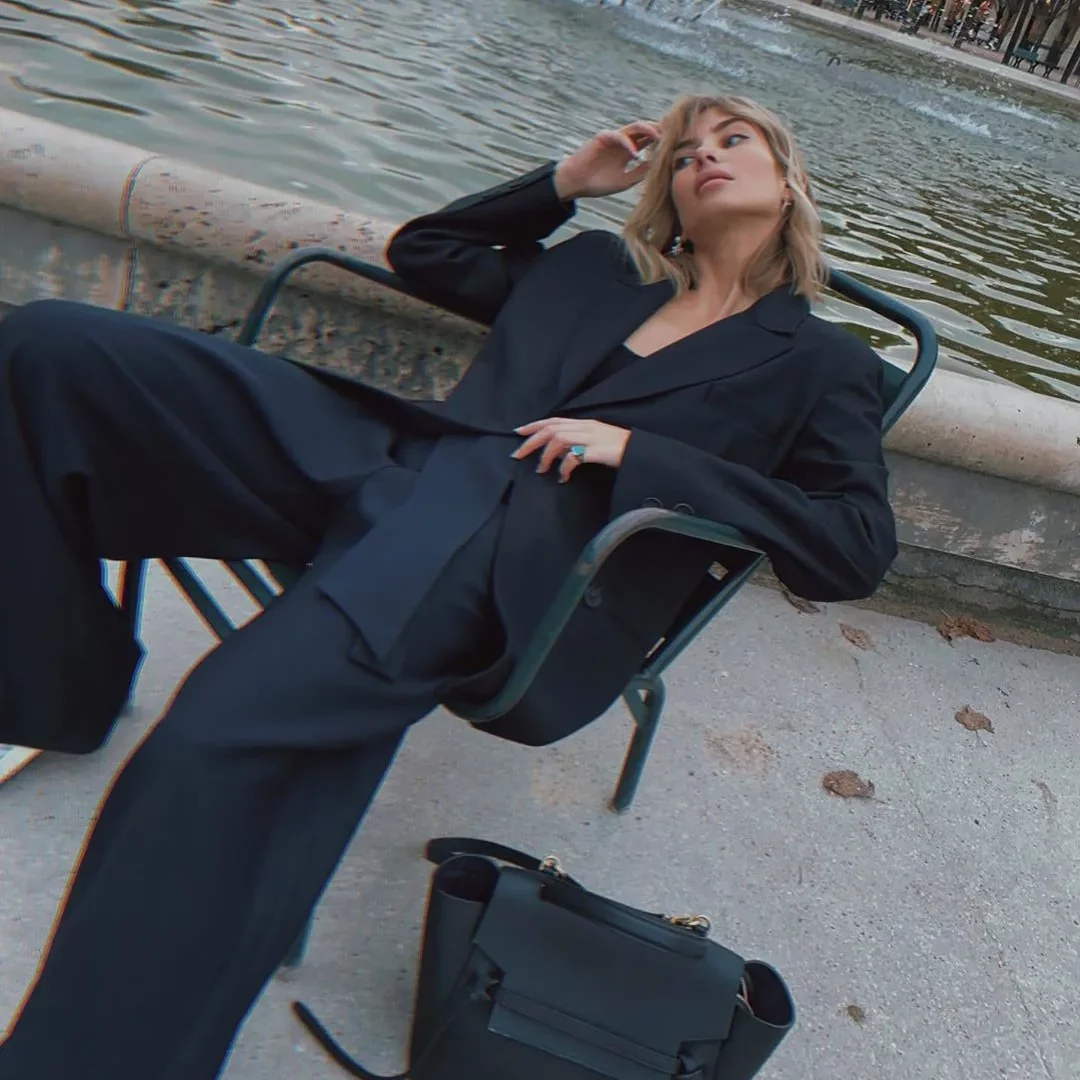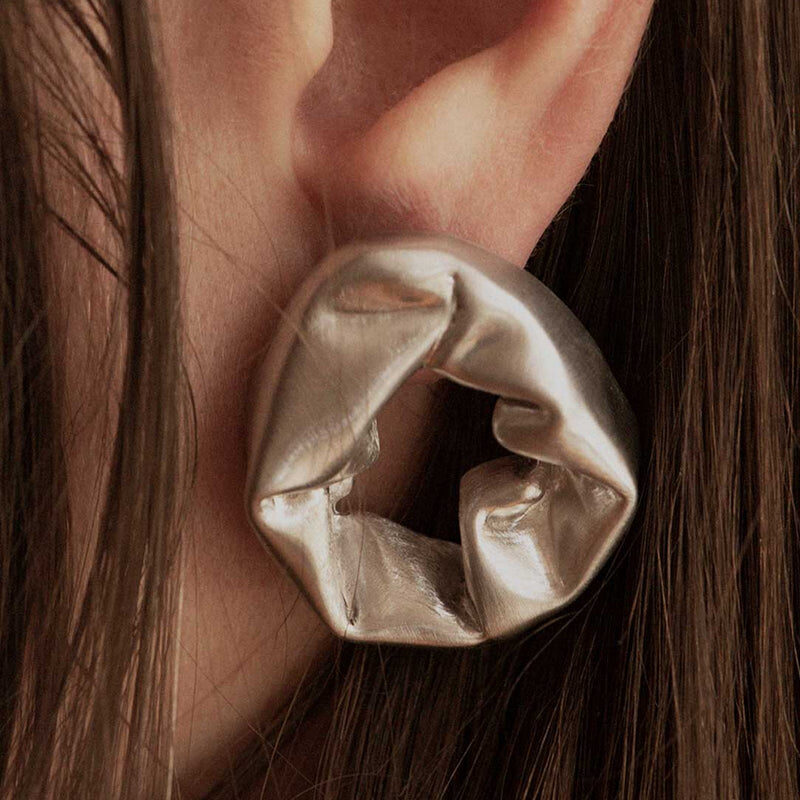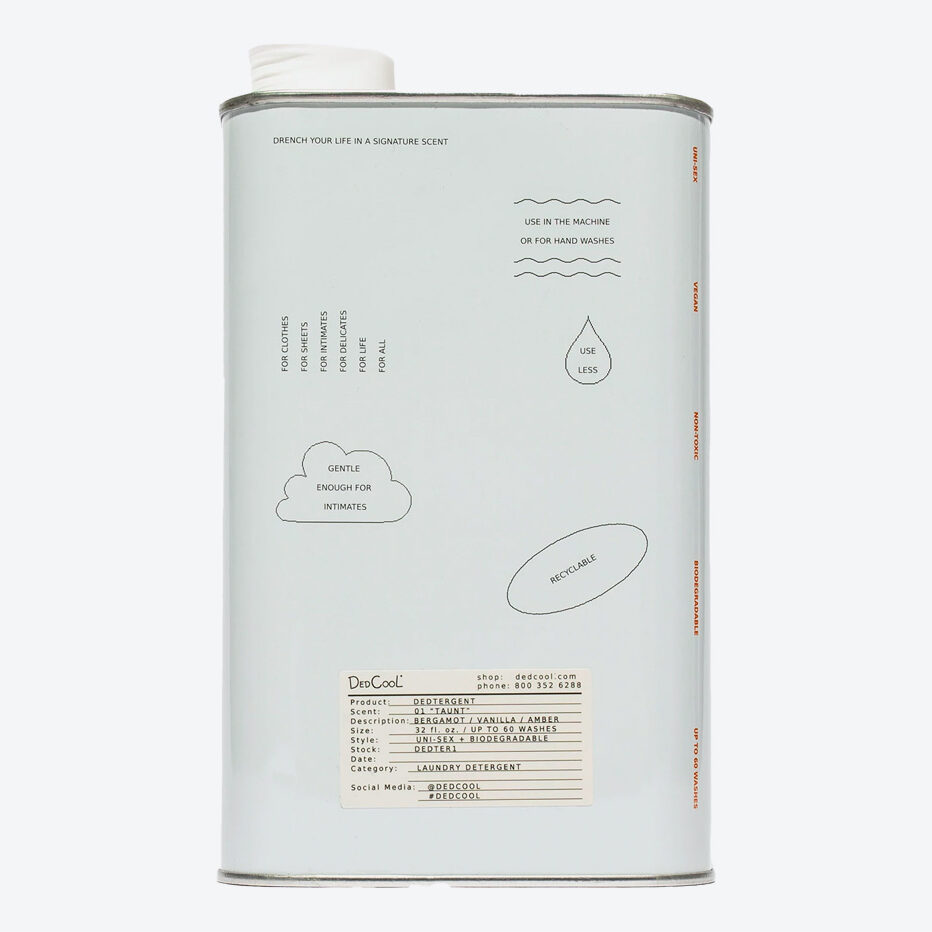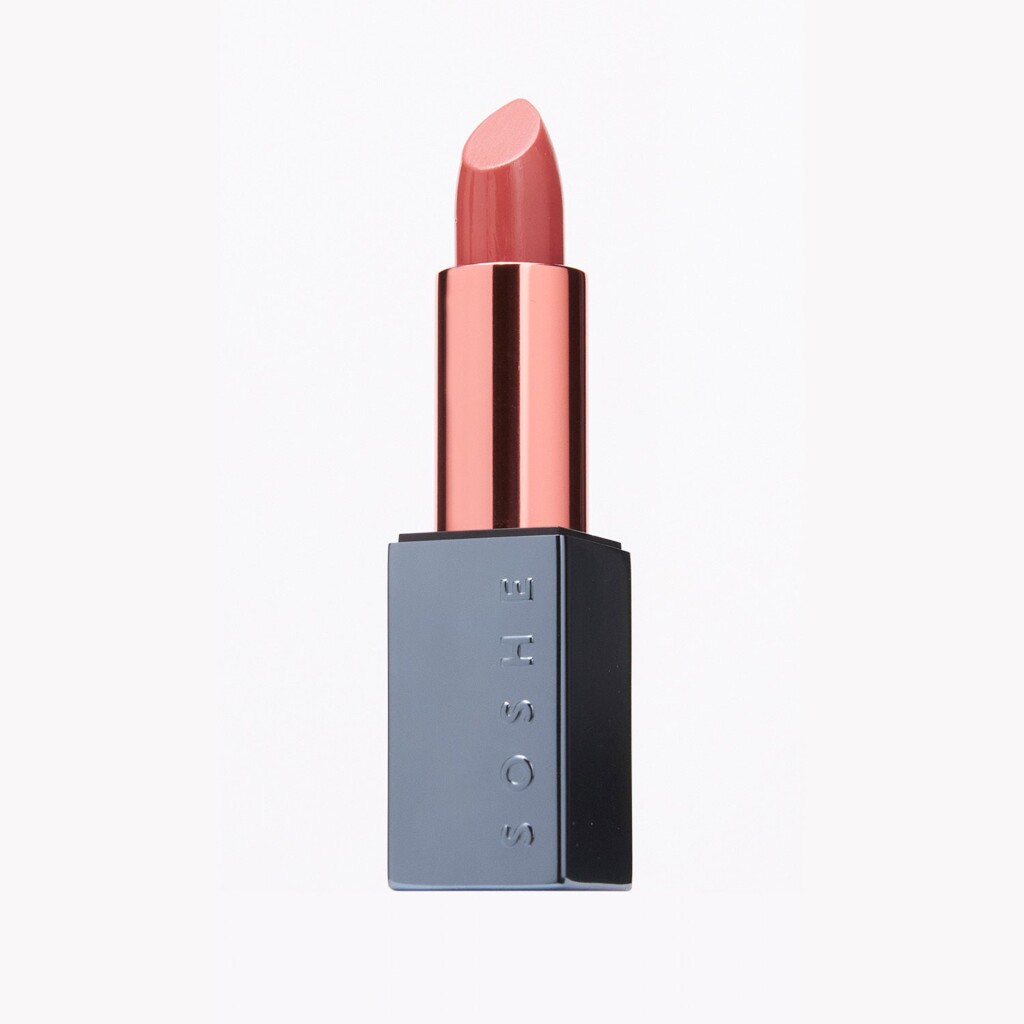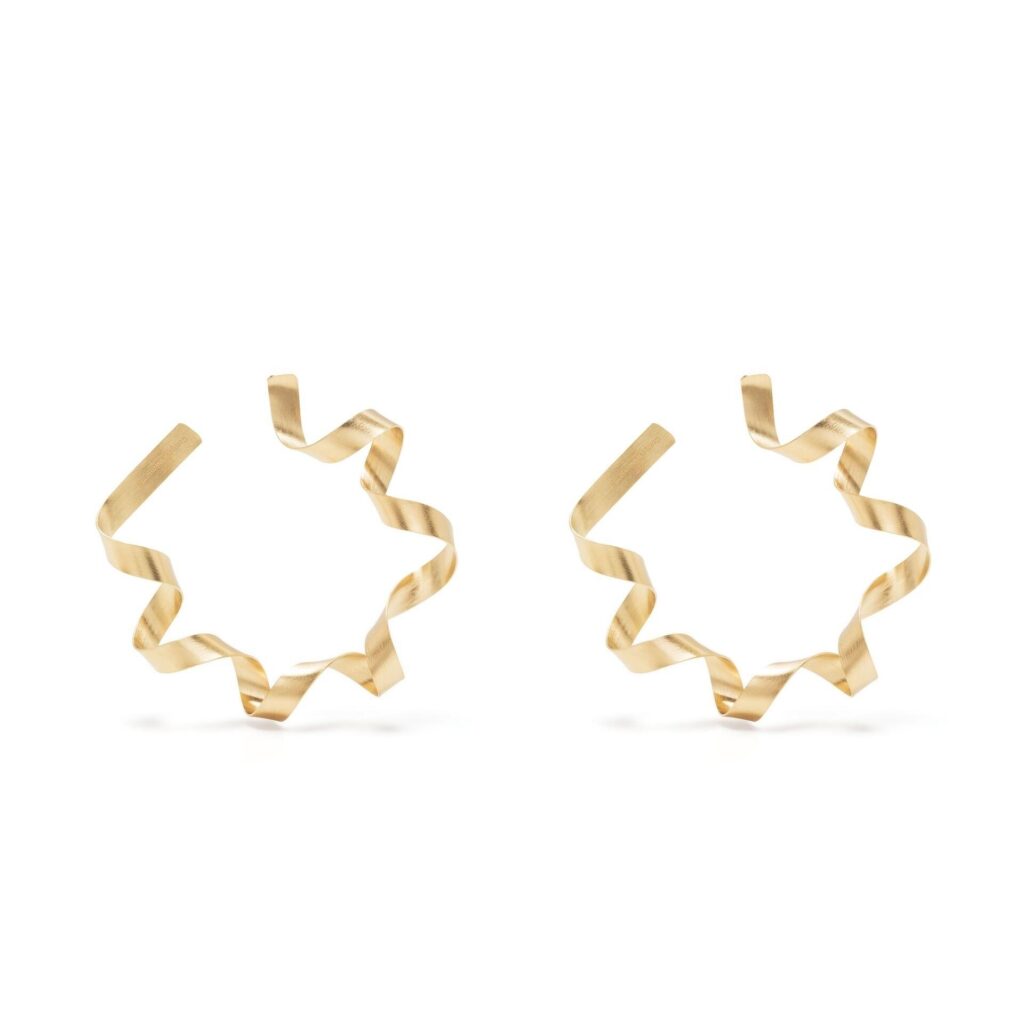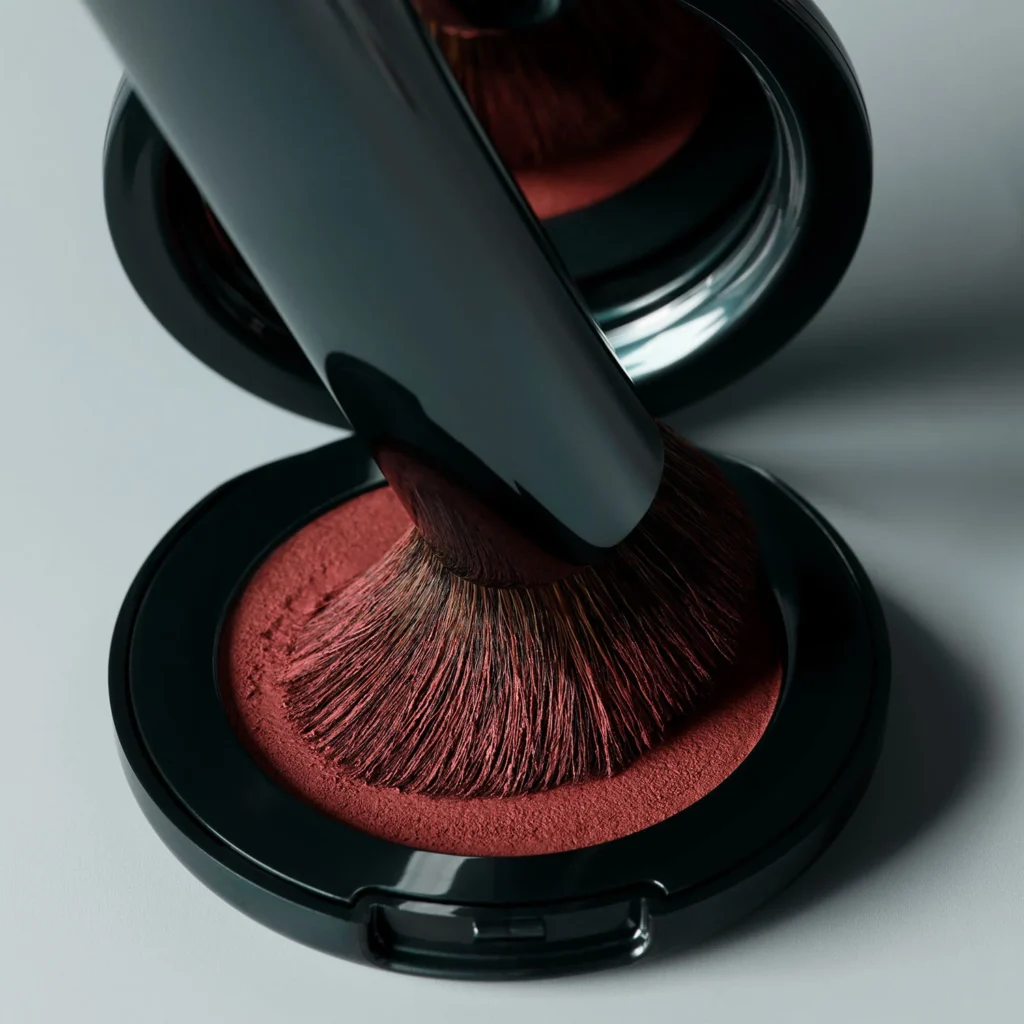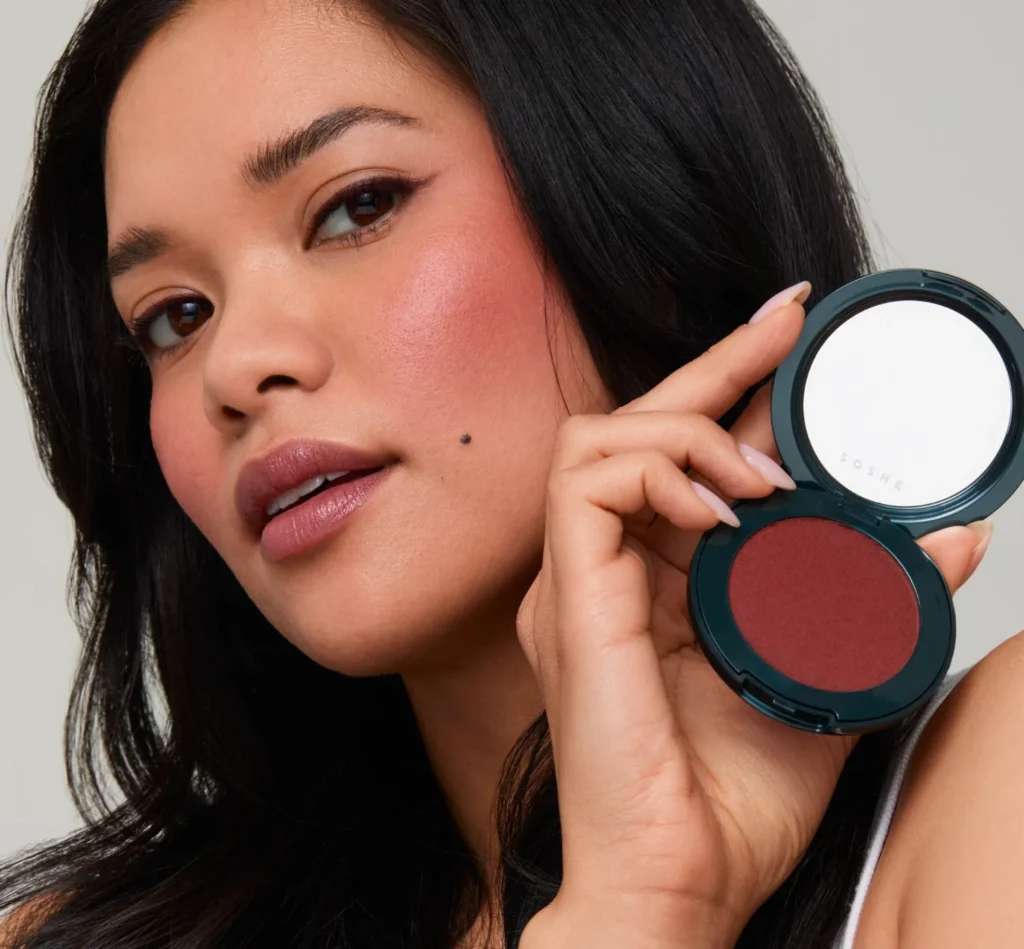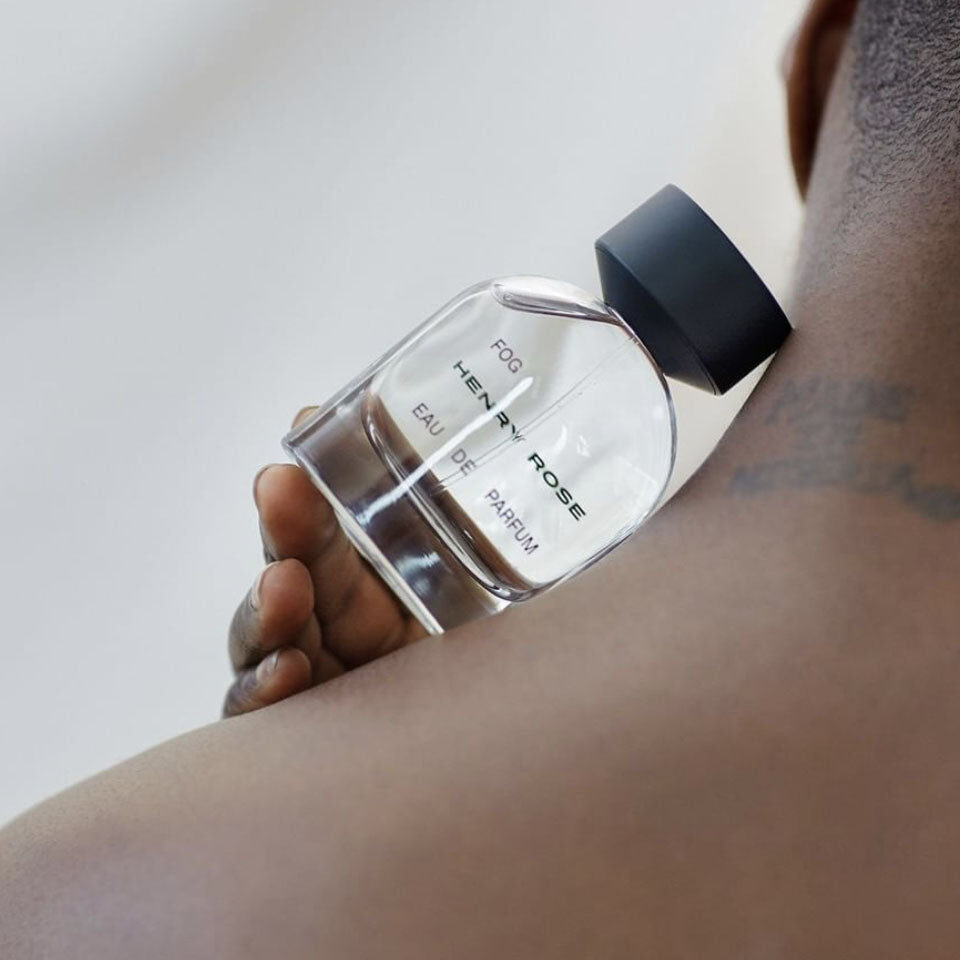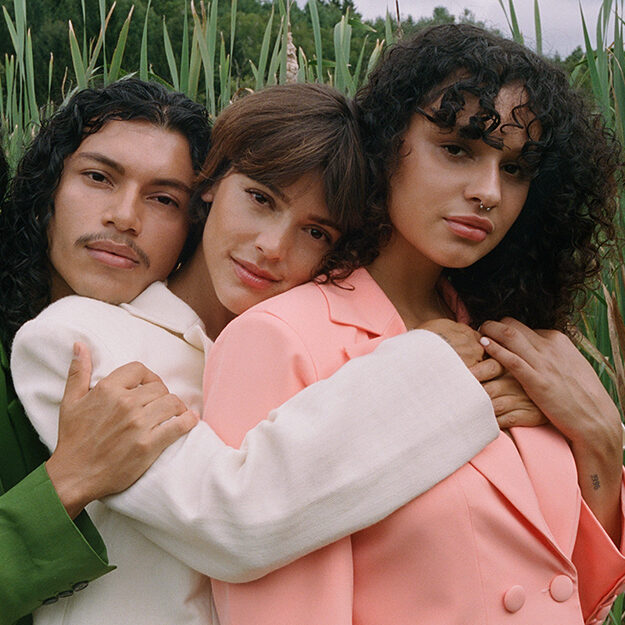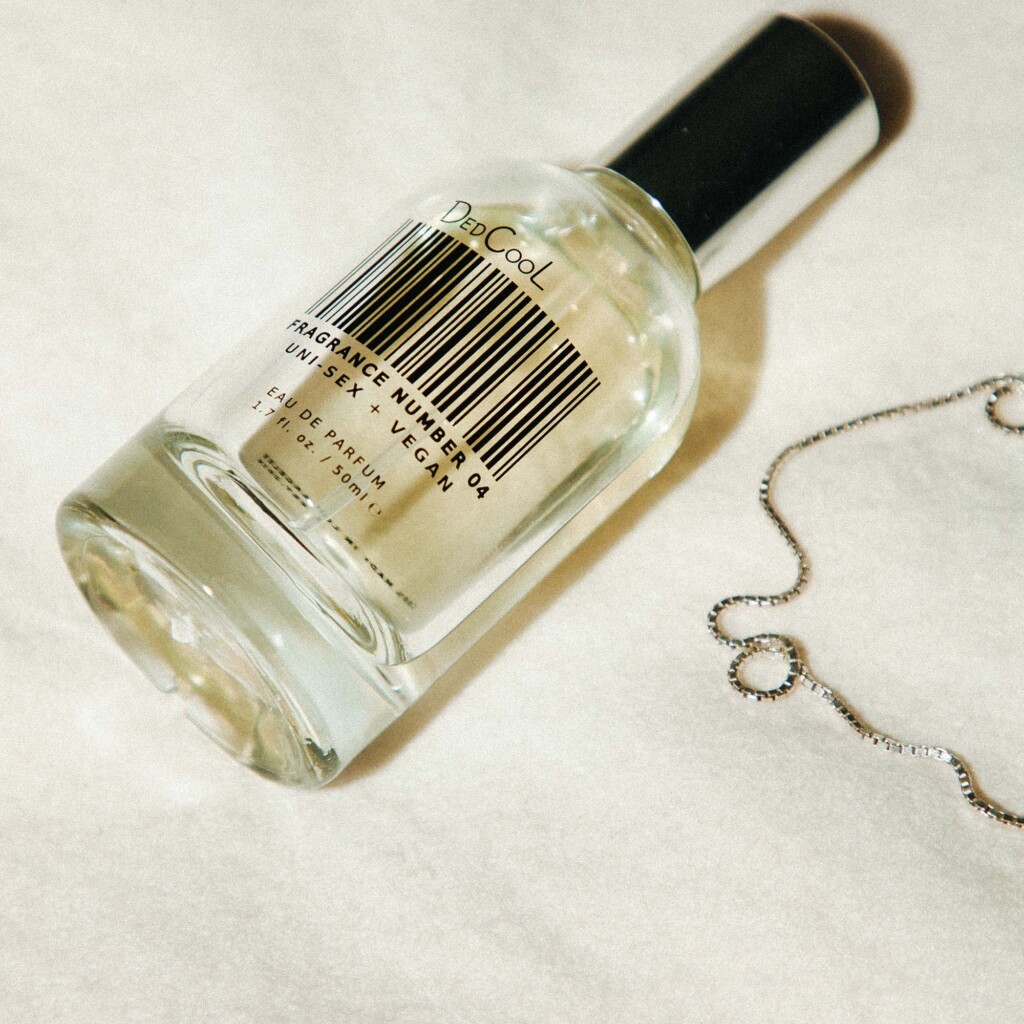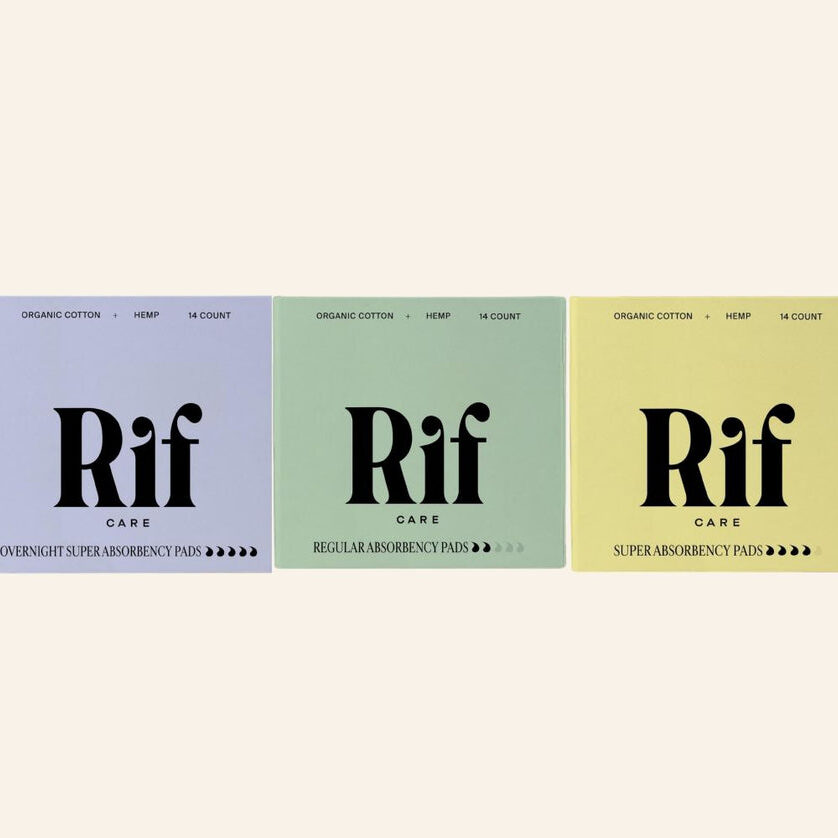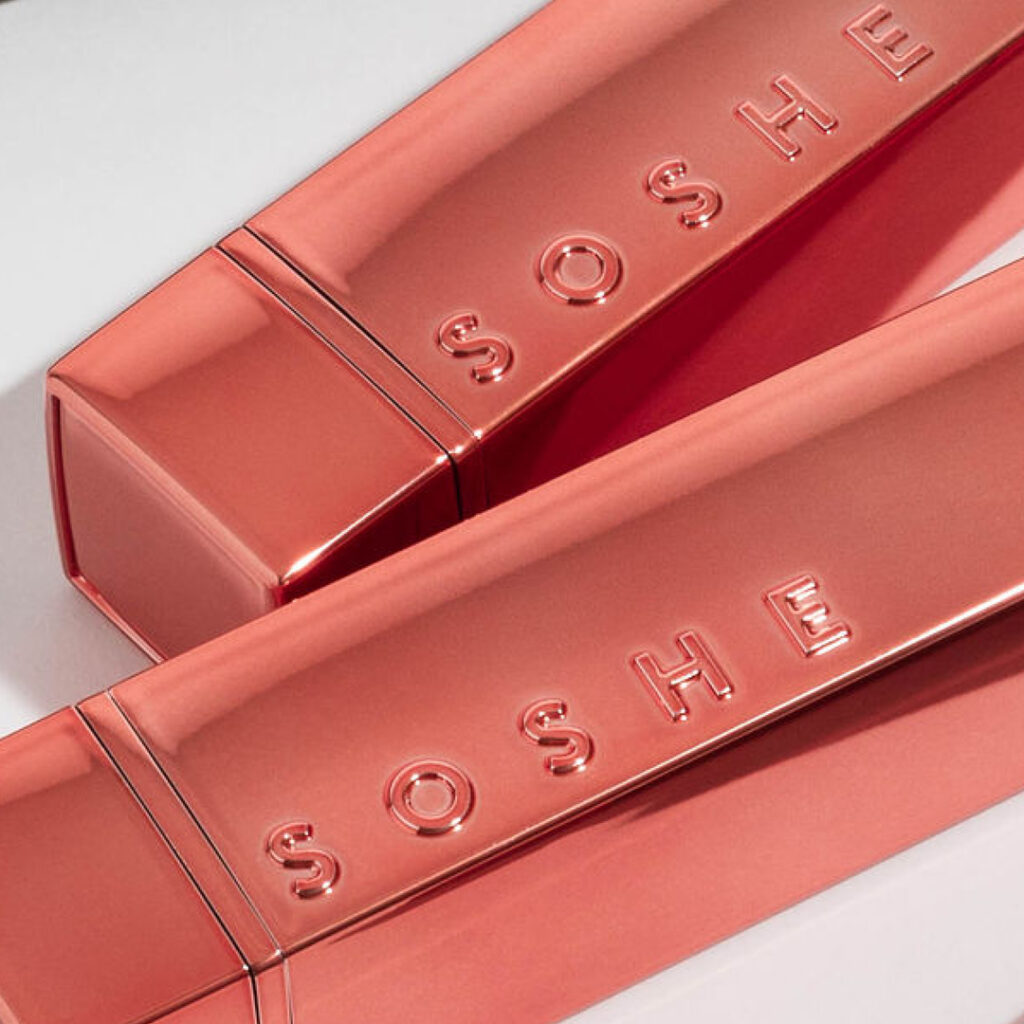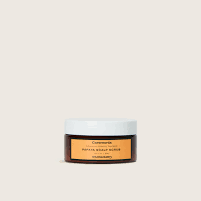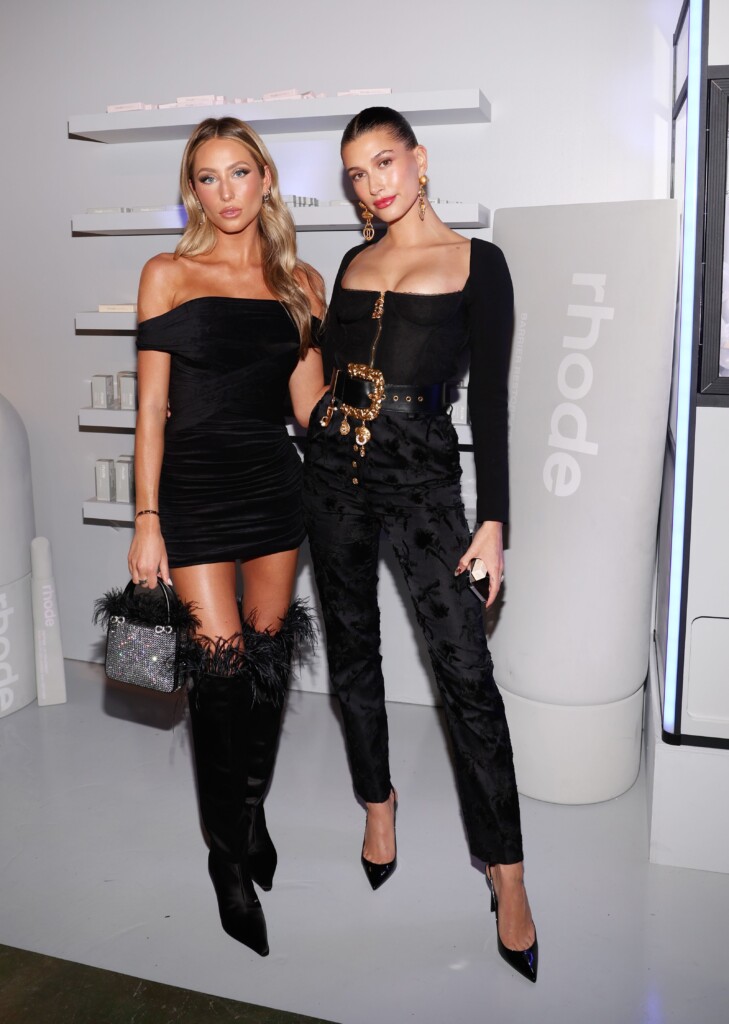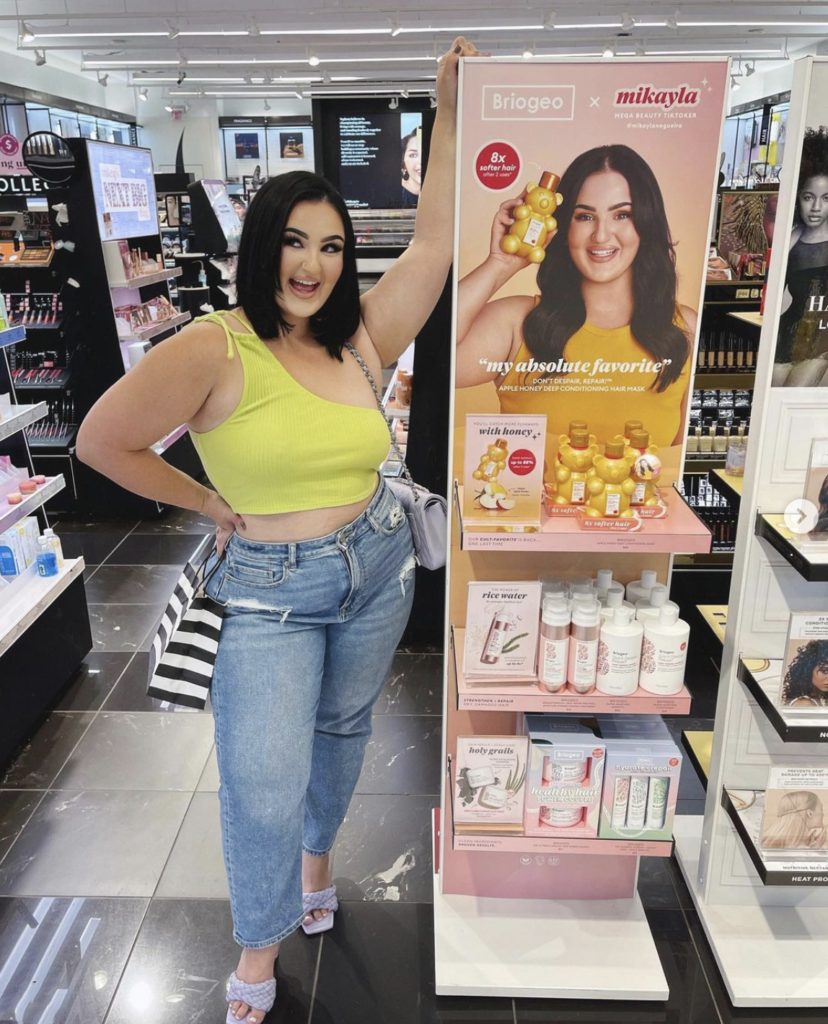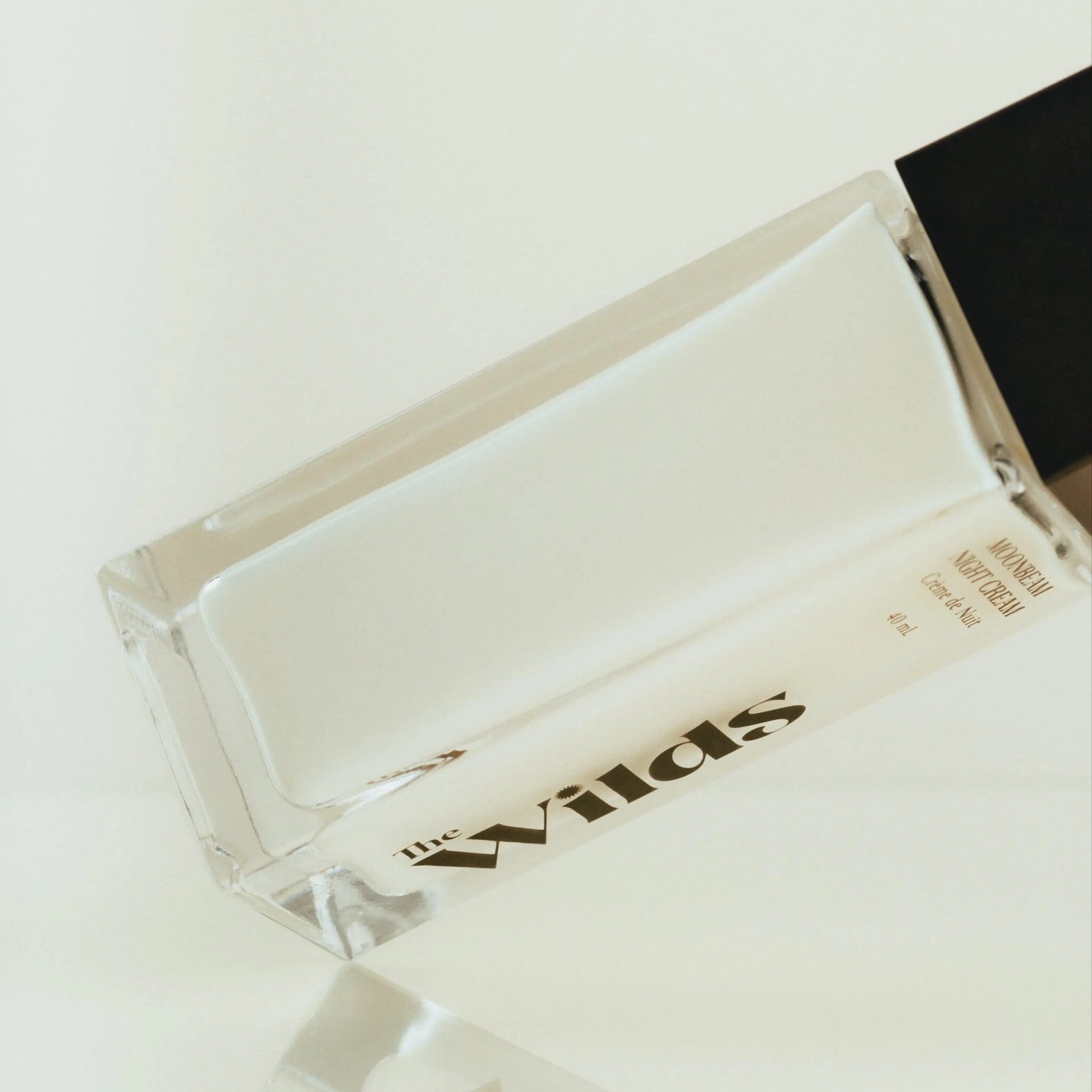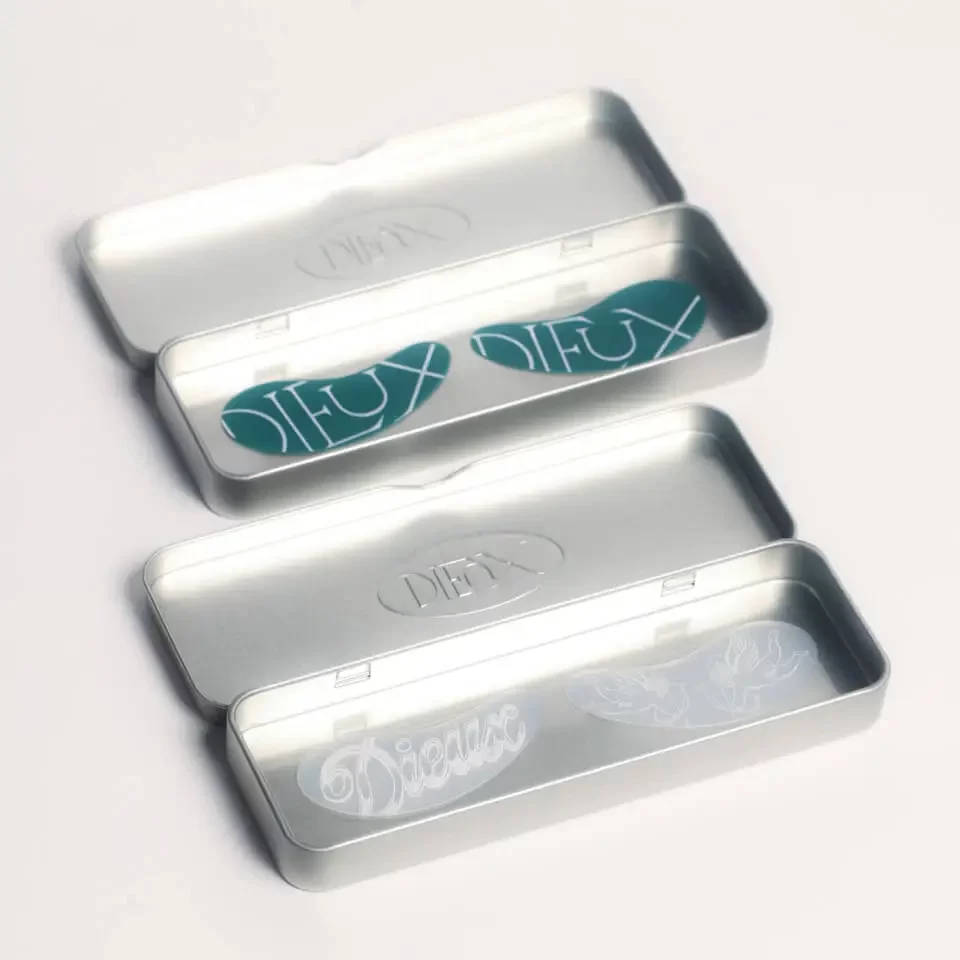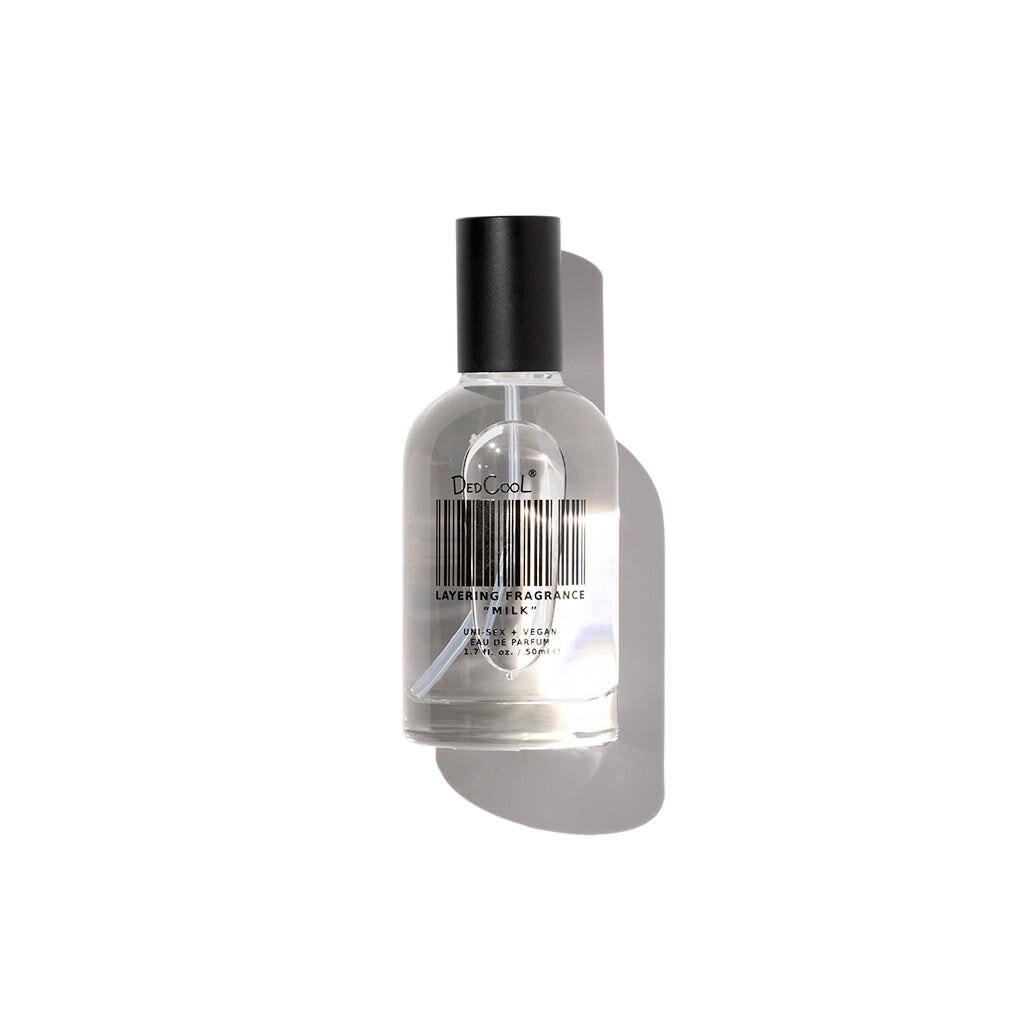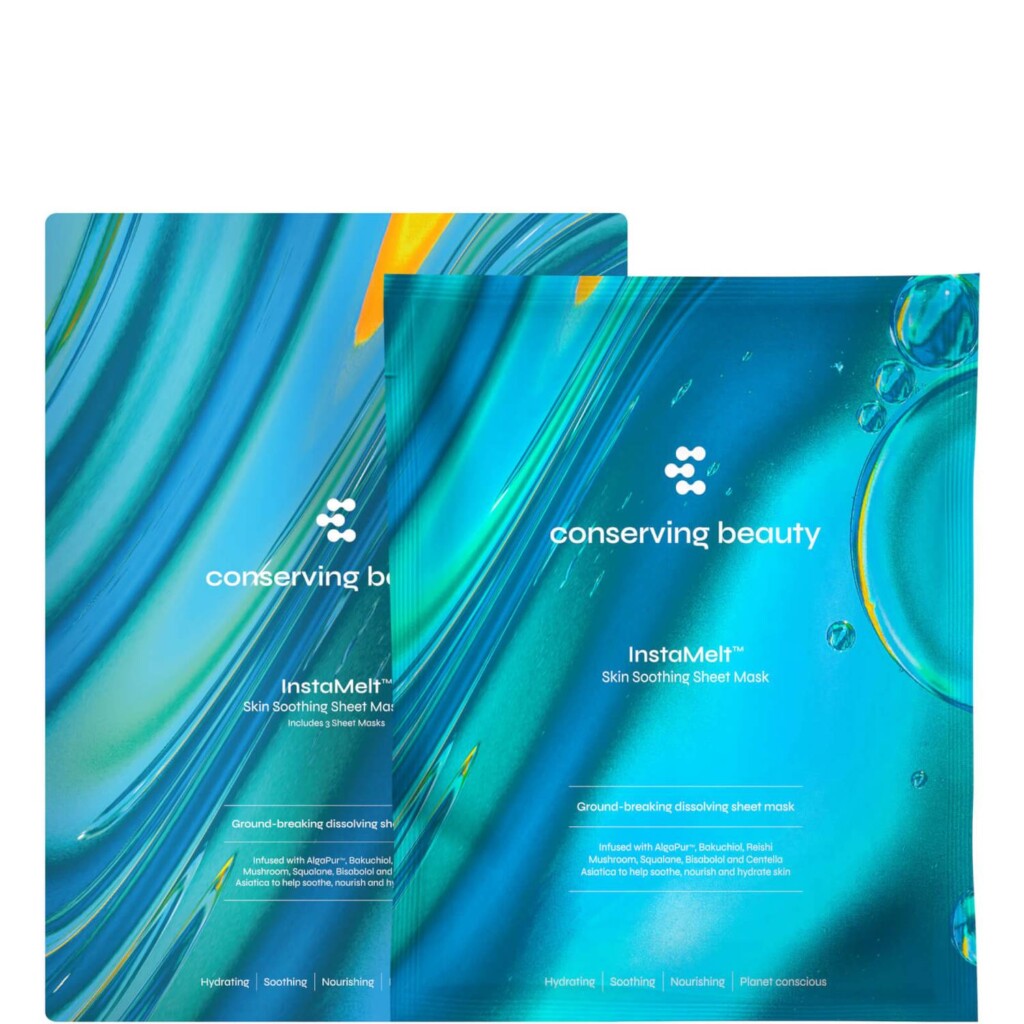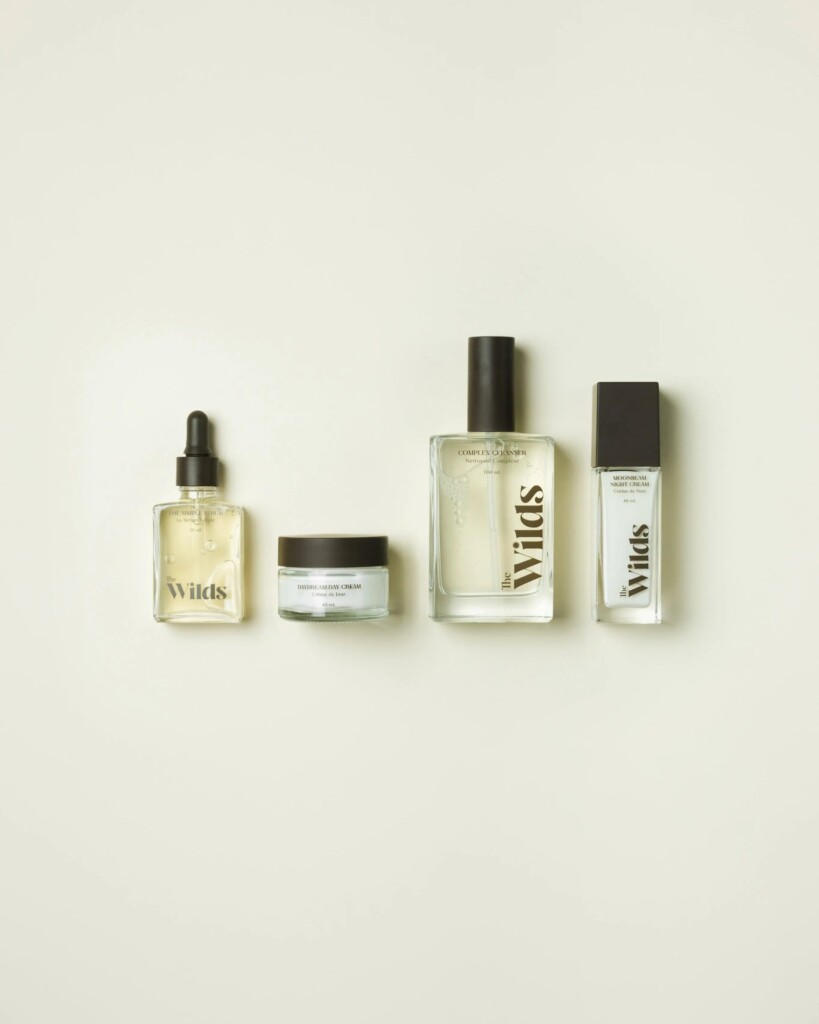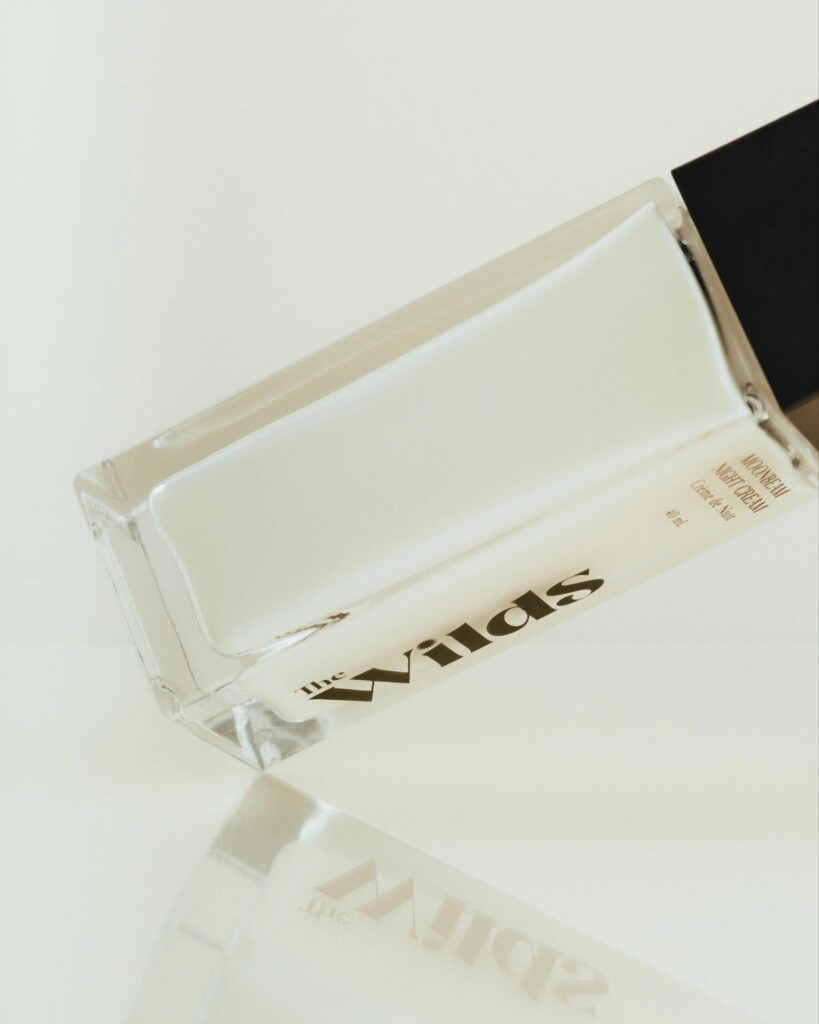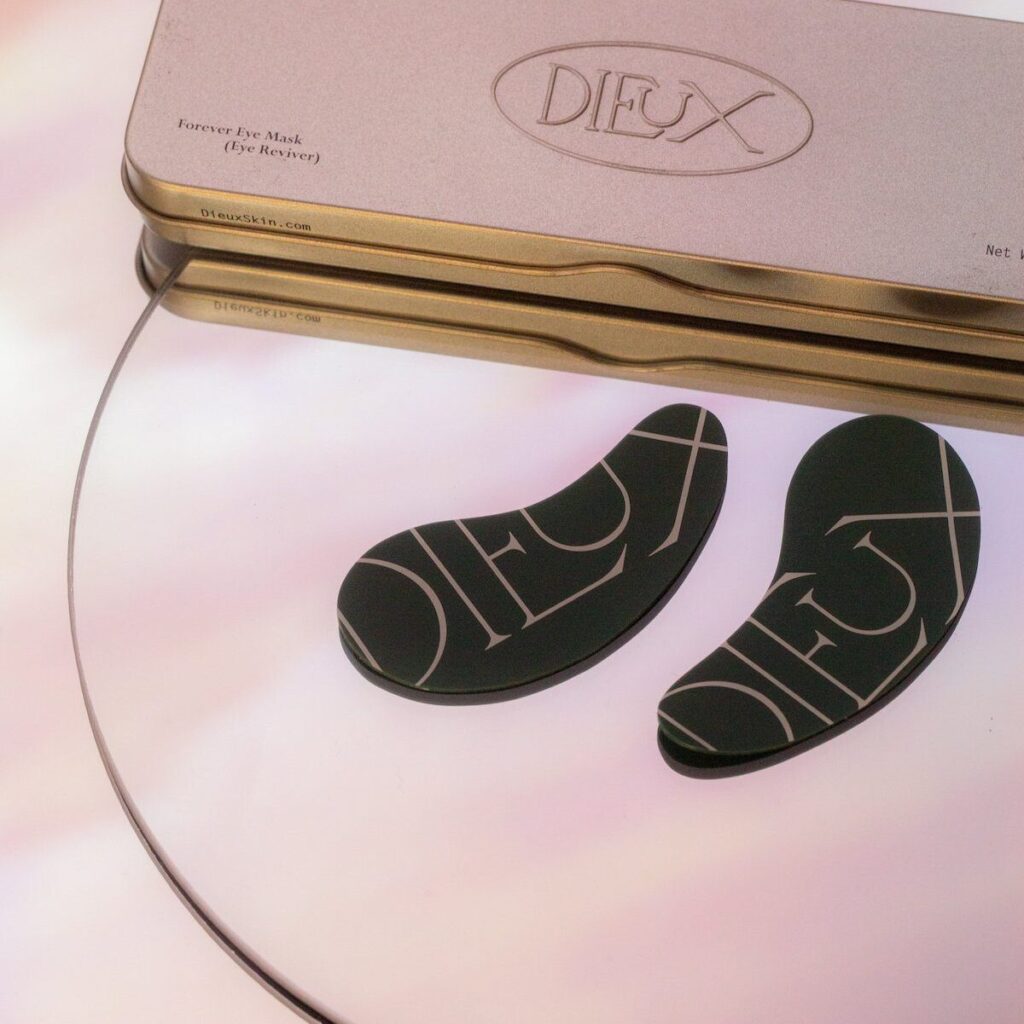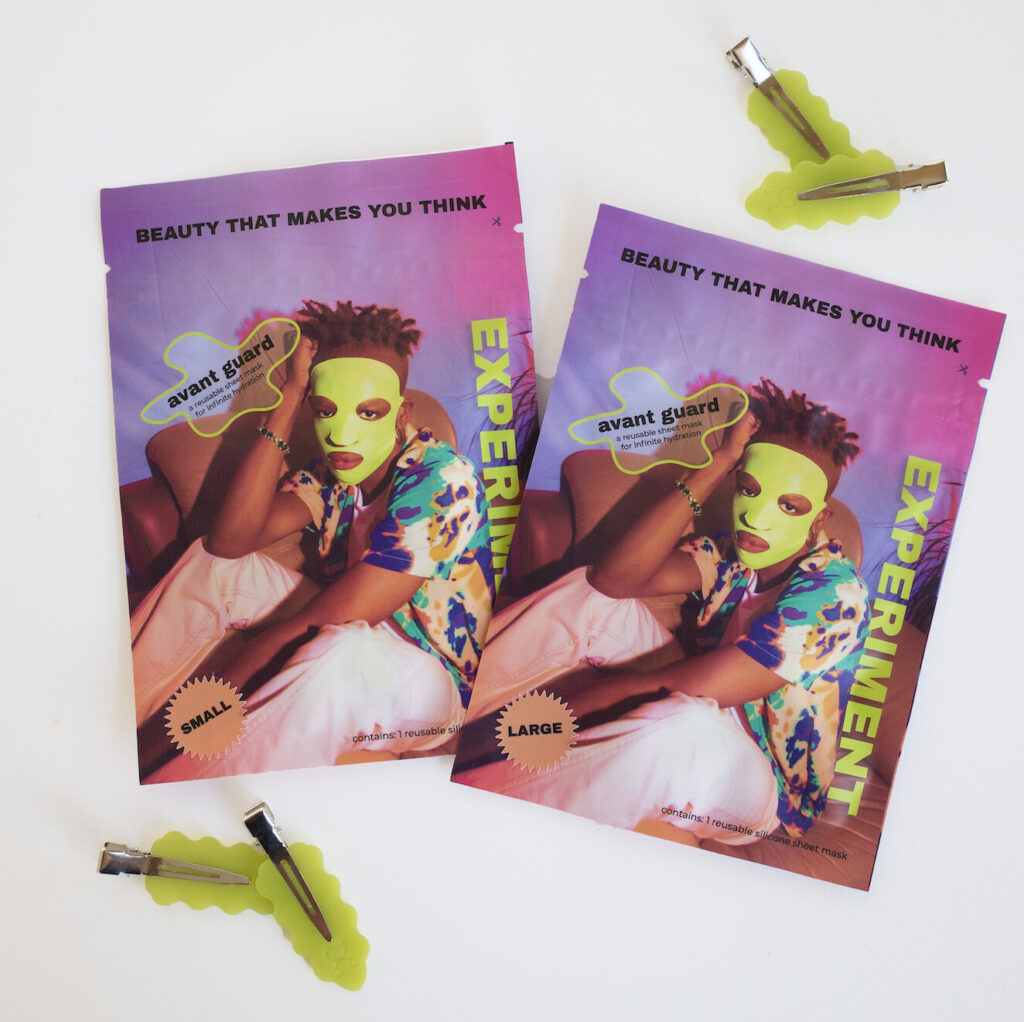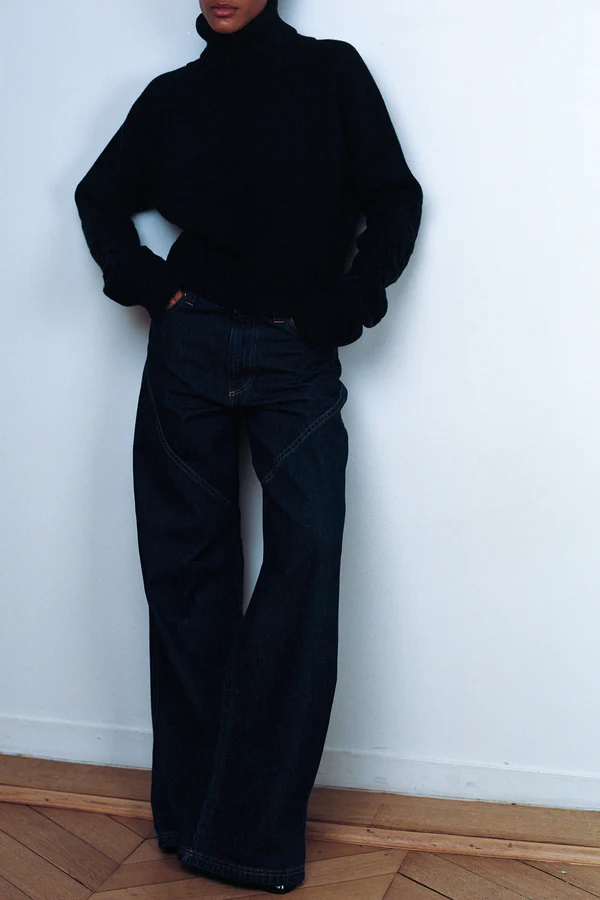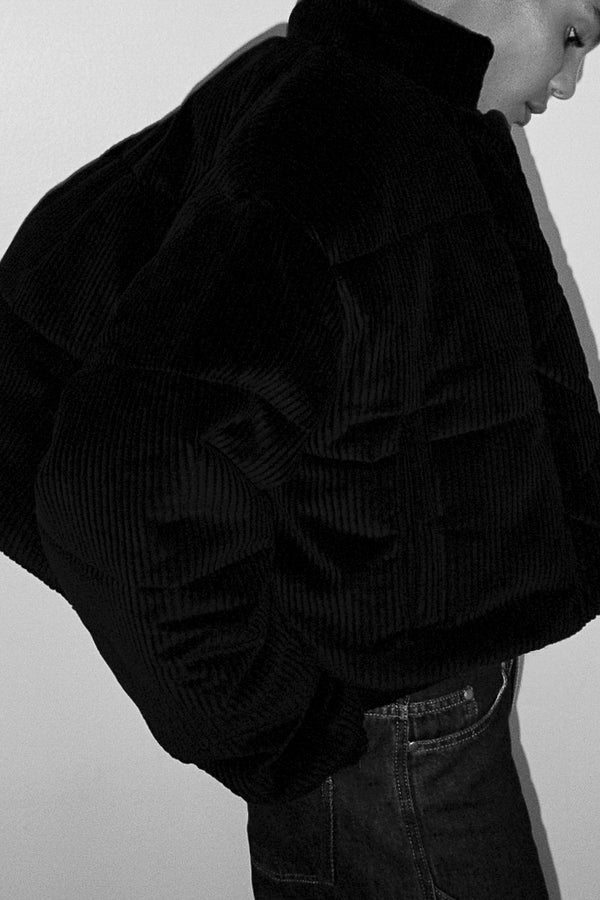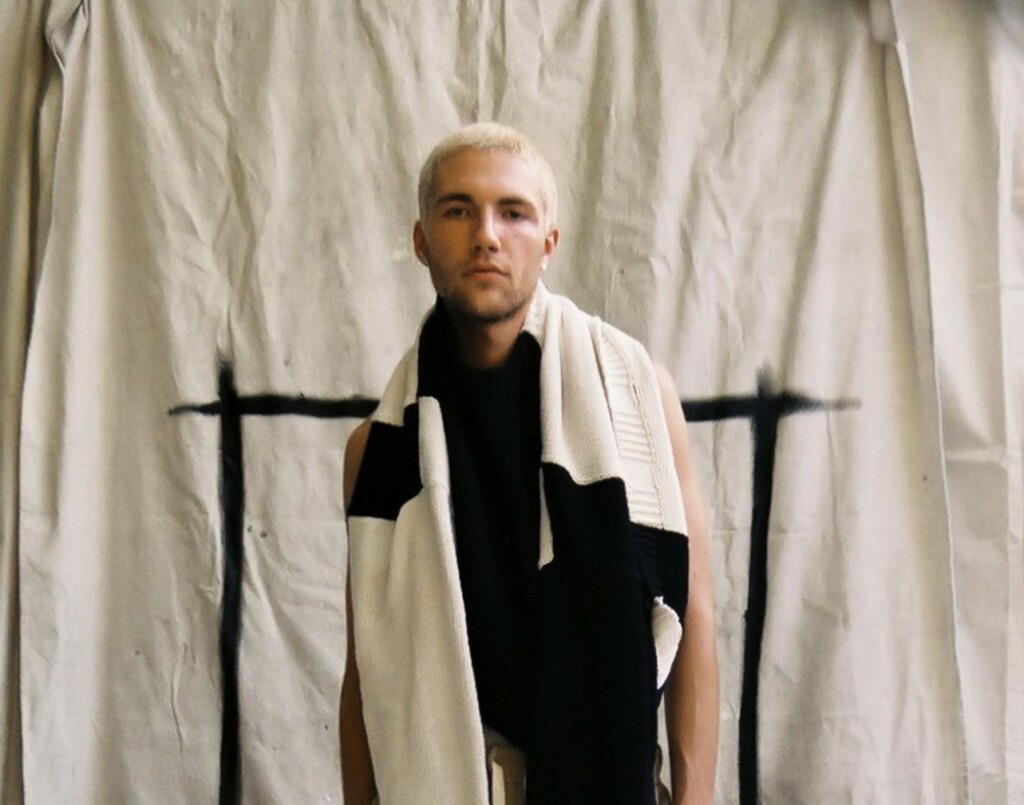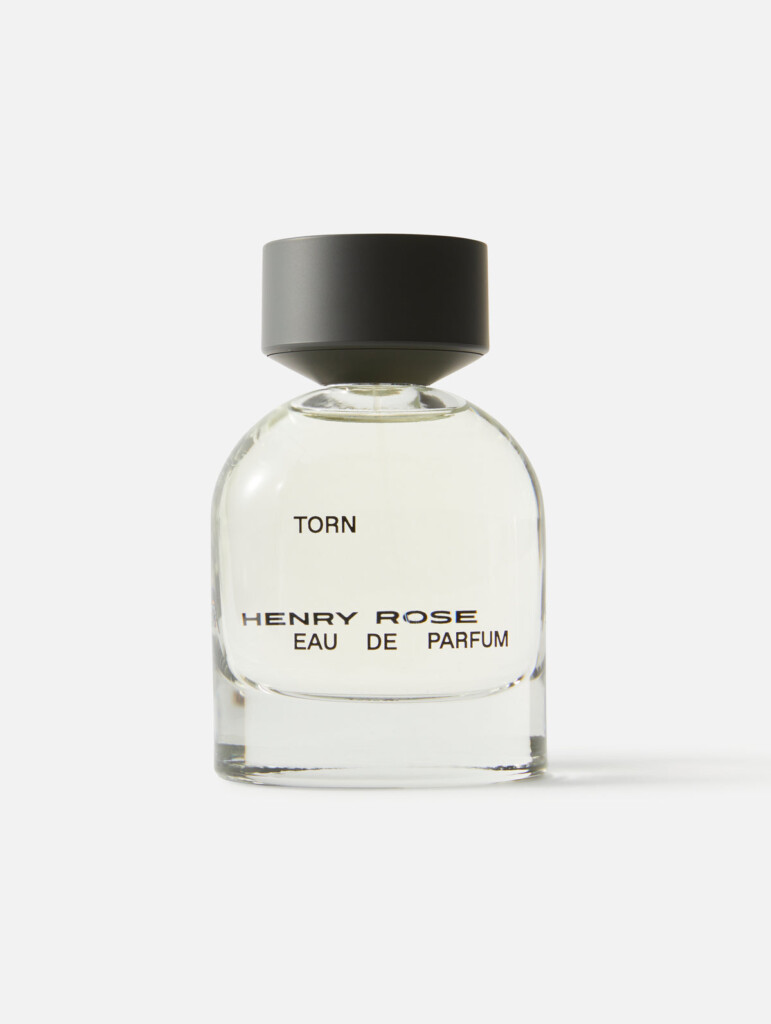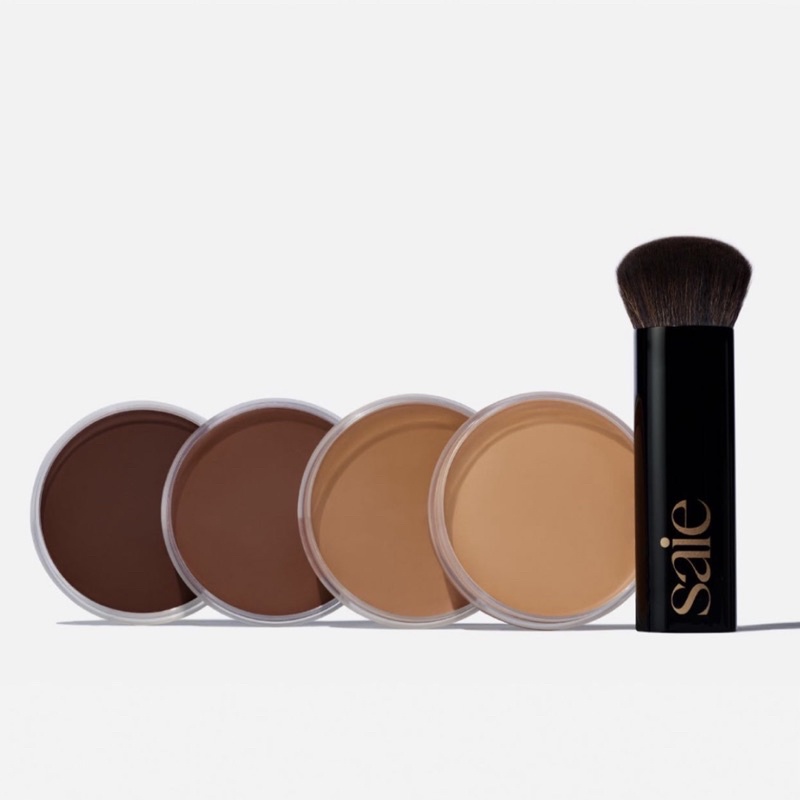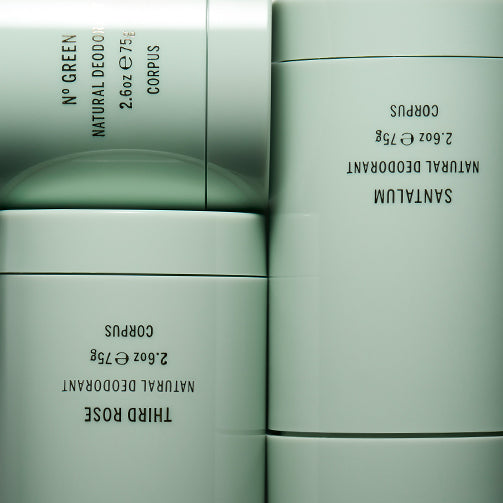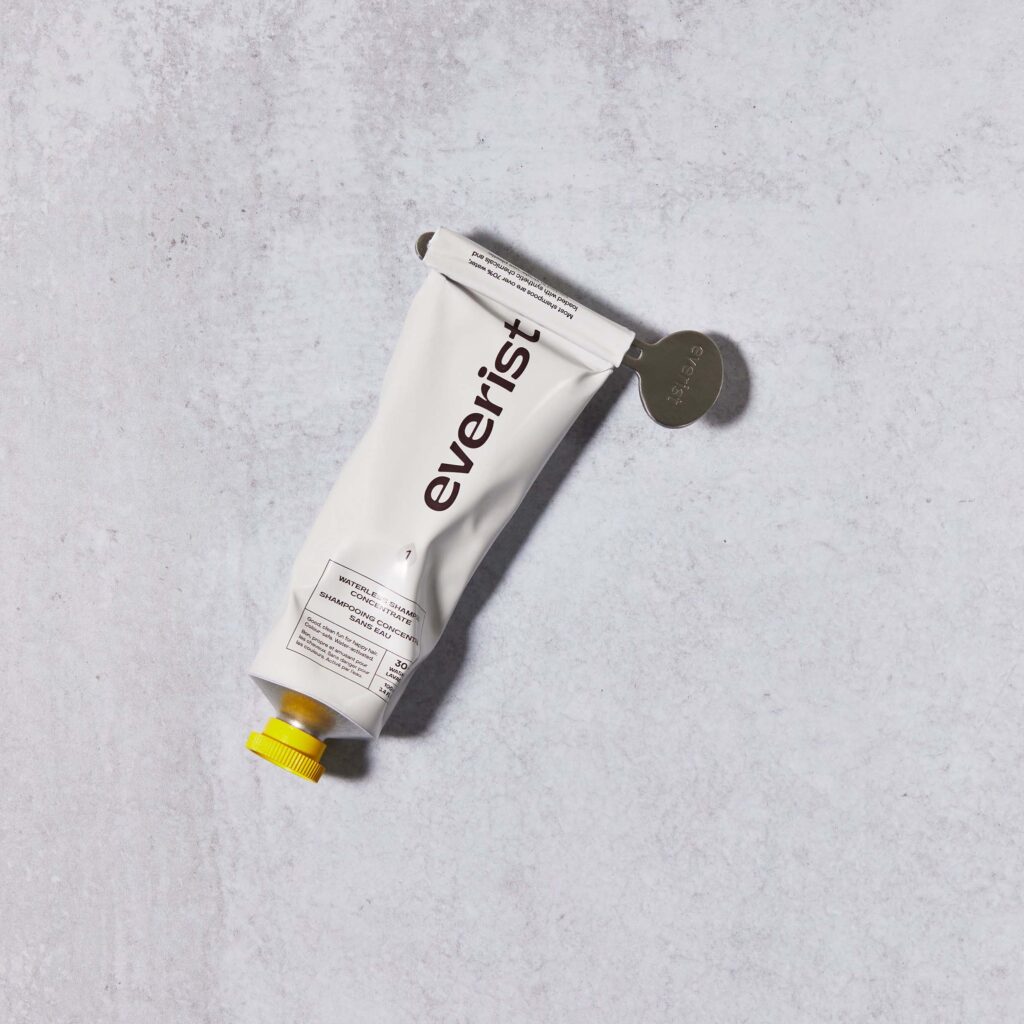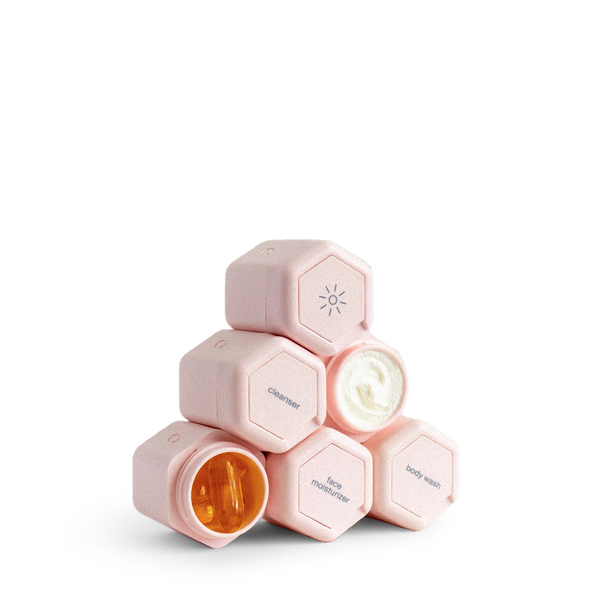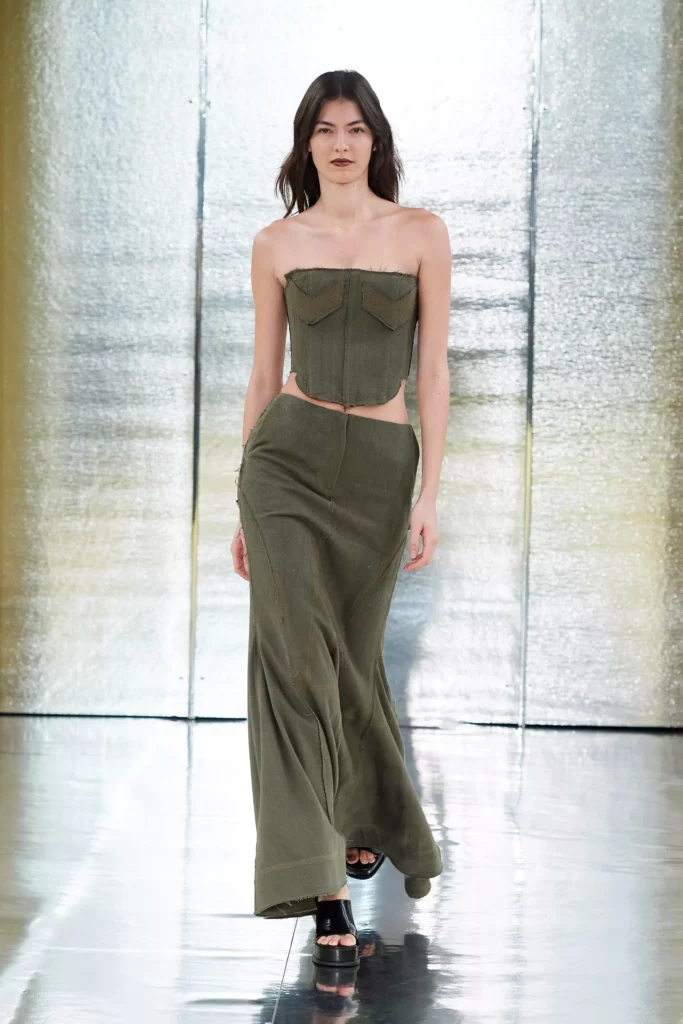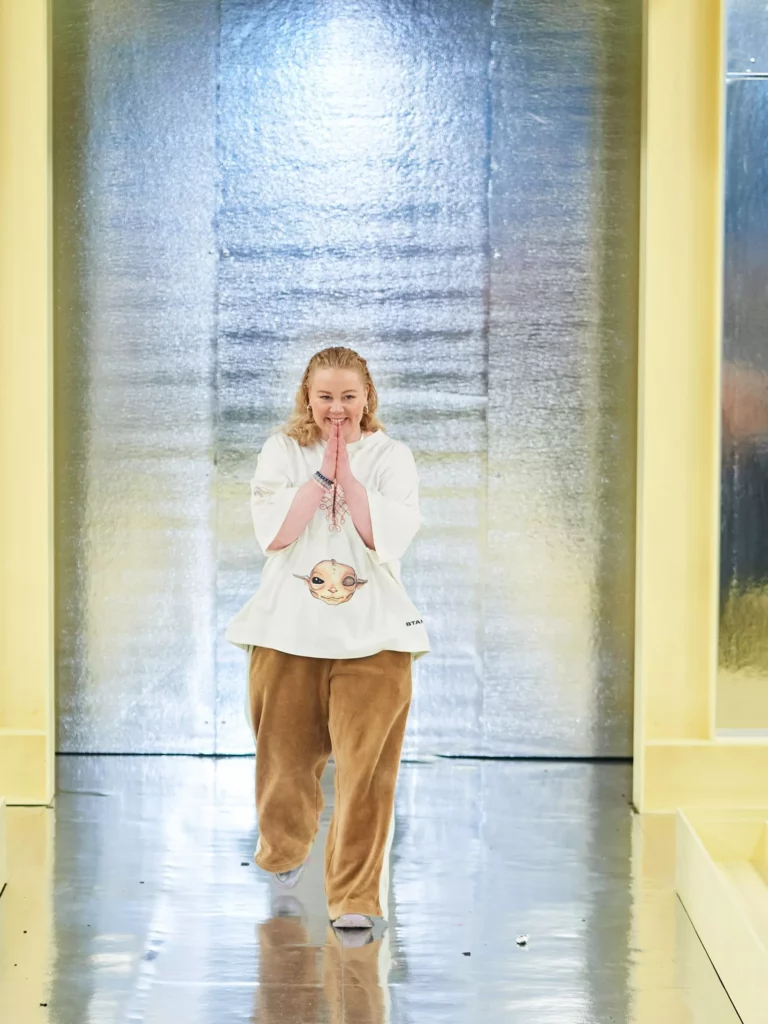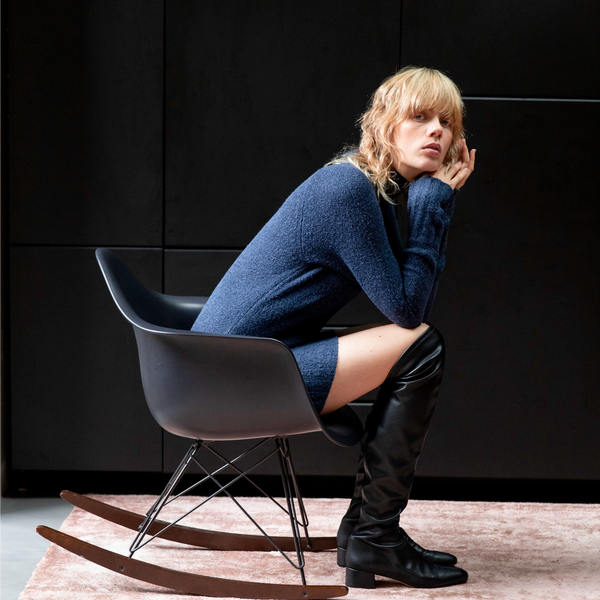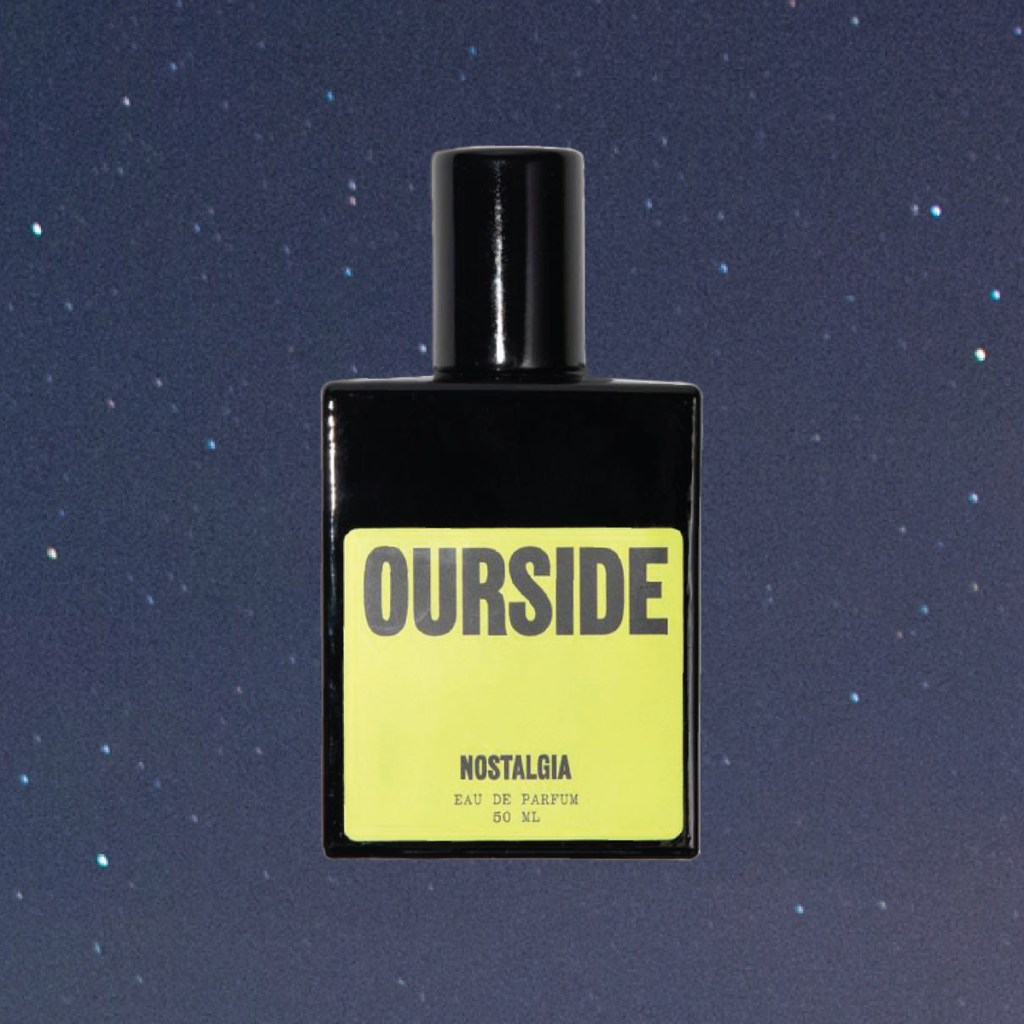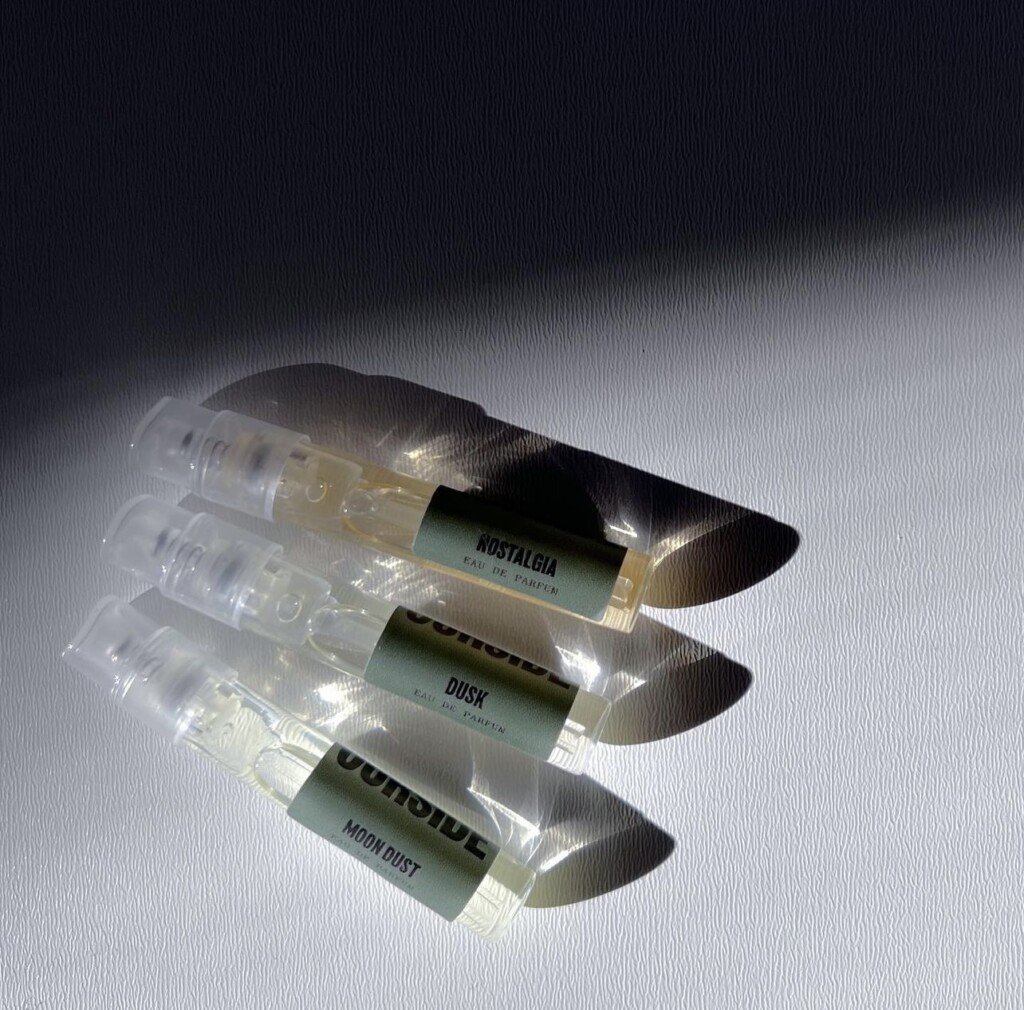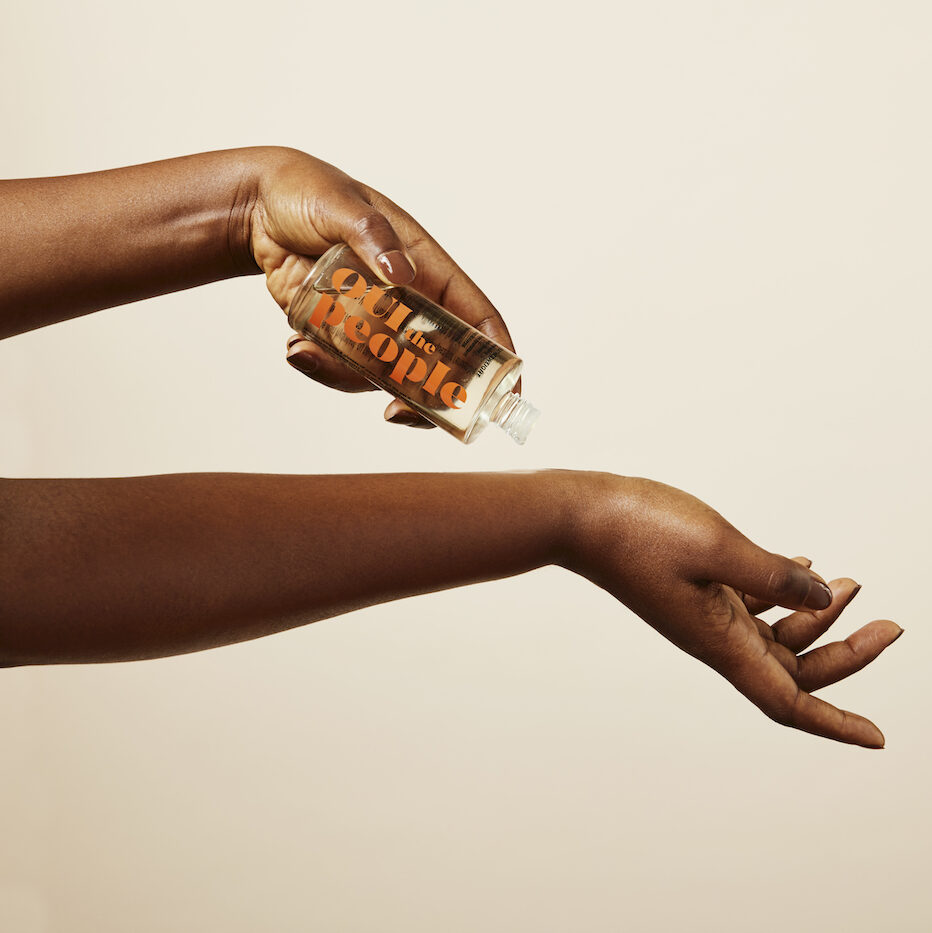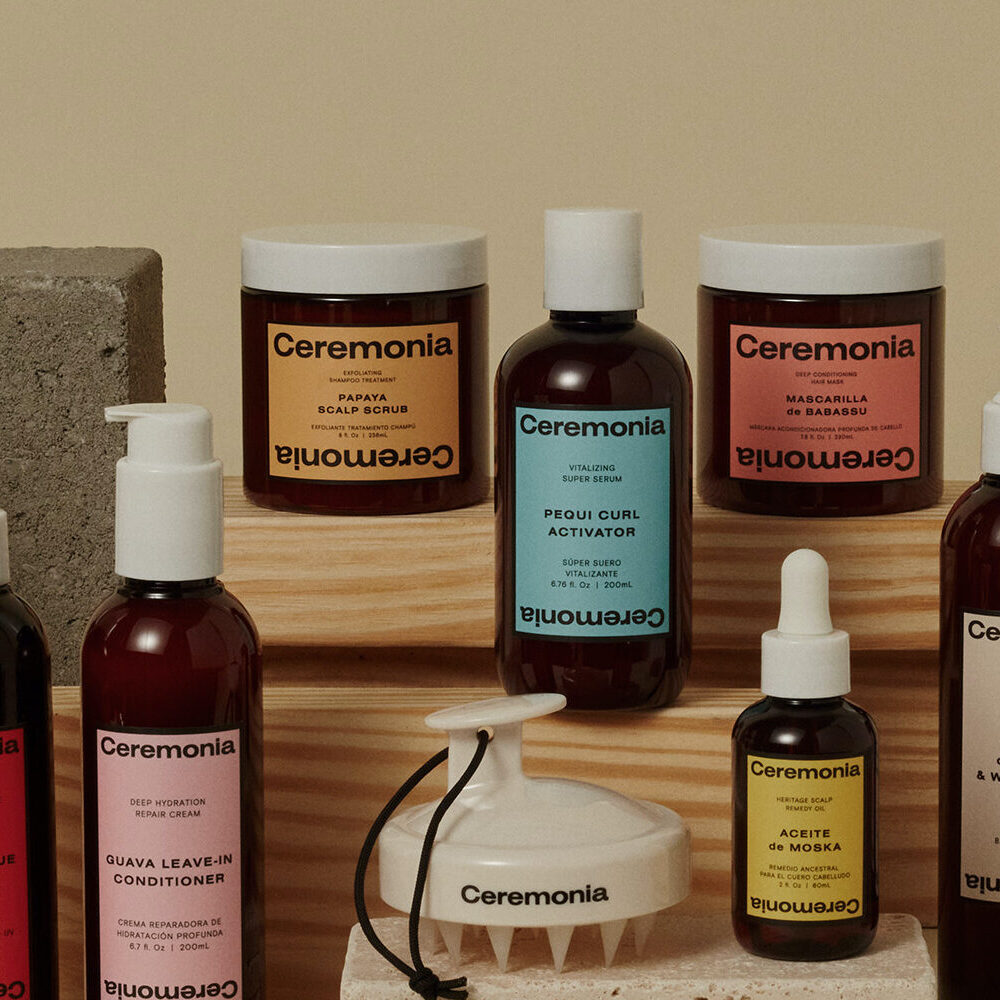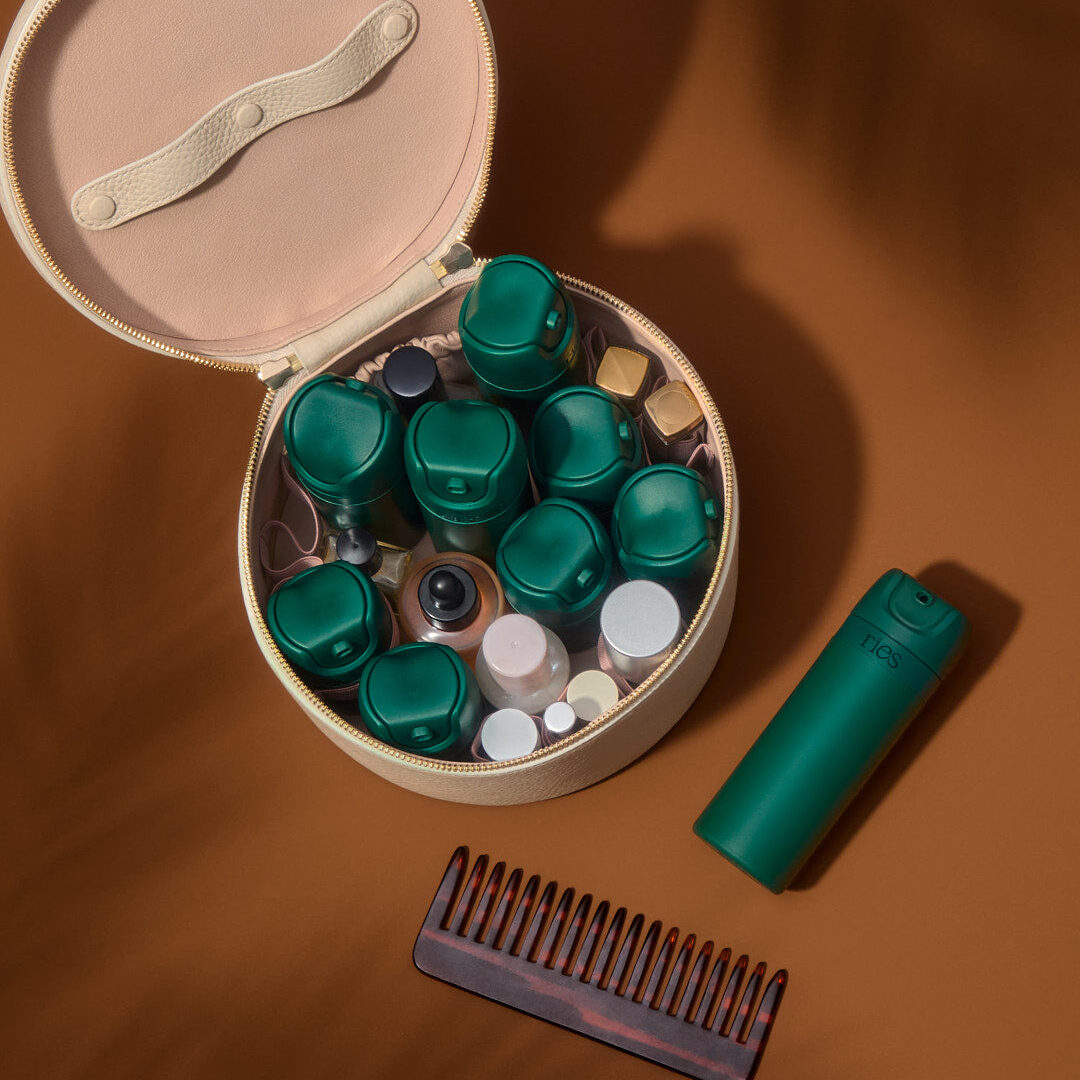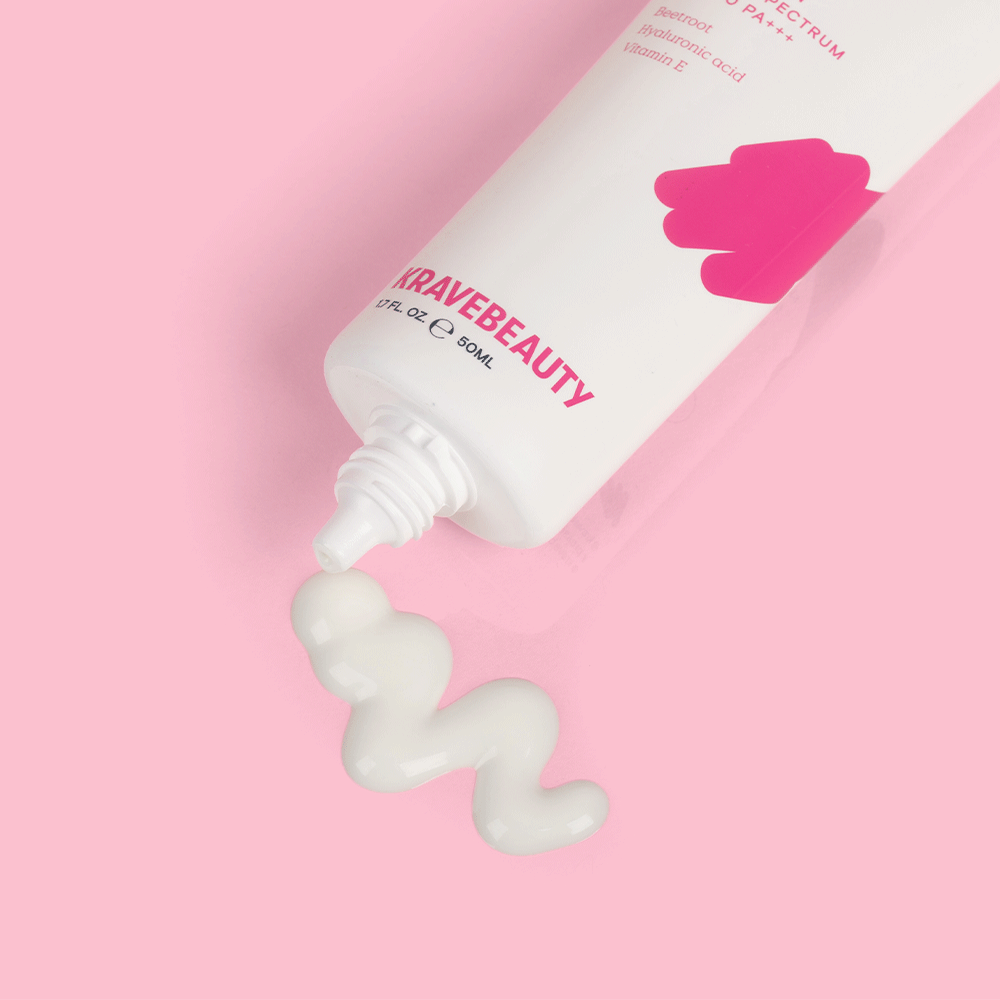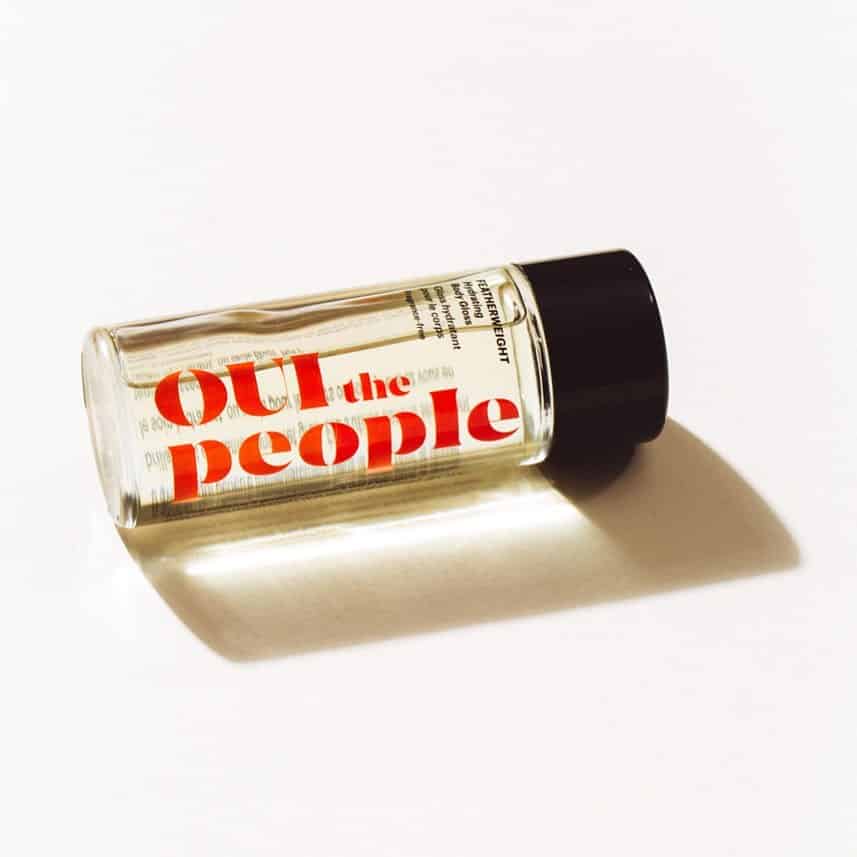the unwash review
Completedworks is a luxury jewelry line that has become a go-to for celebrities and stylists alike. The brand’s pieces have been seen on the likes of Emma Watson, Maya Rudolph, and Selena Gomez as well as being featured on an array of magazine covers and red carpets. Completedworks creates designs that are meant to resemble pieces of art and stand the test of time, without succumbing to trend cycles. All of their jewelry is made from recycled or Fair Trade materials.
Completedworks uses reclaimed, recycled, and ethically sourced materials such as marble, glass, bio-resin, and silver. The brand proves you don’t have to compromise design and style for sustainable practices but rather that the two can work in harmony to create timeless, wearable pieces. Sustainability is at the core of the brand’s ethos and the brand is committed to ensuring there is little to no negative environmental impact resulting from its products or shipping process. Completedworks has partnered with One Tree Planted to plant trees to match and offset consumption from packaging materials.
“I’m always trying to buy something that I really love and feel expresses me in a moment- something I can imagine myself still wearing when I’m 70. That’s really important to me” – Anna Jewsbury, Completedworks Founder
The London-based brand was founded in 2013 by Anna Jewsbury who is a philosopher and mathematician by trade but sought to find more sustainable options within the jewelry industry. In 2022 the design team underwent a process to manufacture bio-resin, a resin that can be broken down and is biodegradable. This process created a longer manufacturing process but was worth creating a product that was not readily available in the jewelry market. The brand describes itself as going against conventional tides and explores the human condition as well as social impact through a lens of sculptural forms. This inspiration is seen throughout their jewelry and homeware designs.
The brand is regularly searching for new and innovative ways to further its sustainable practices. Completedworks has a strong identity and mission around reducing consumerism but rather making more thoughtful purchases. Clothing, jewelry, and style overall allow consumers to embrace self-expression. Completedworks jewelry becomes wearable art that withstands trends and is built to last. The brand pushes against conventional norms and trend culture, advocating for investment in items that are high-quality and timeless.
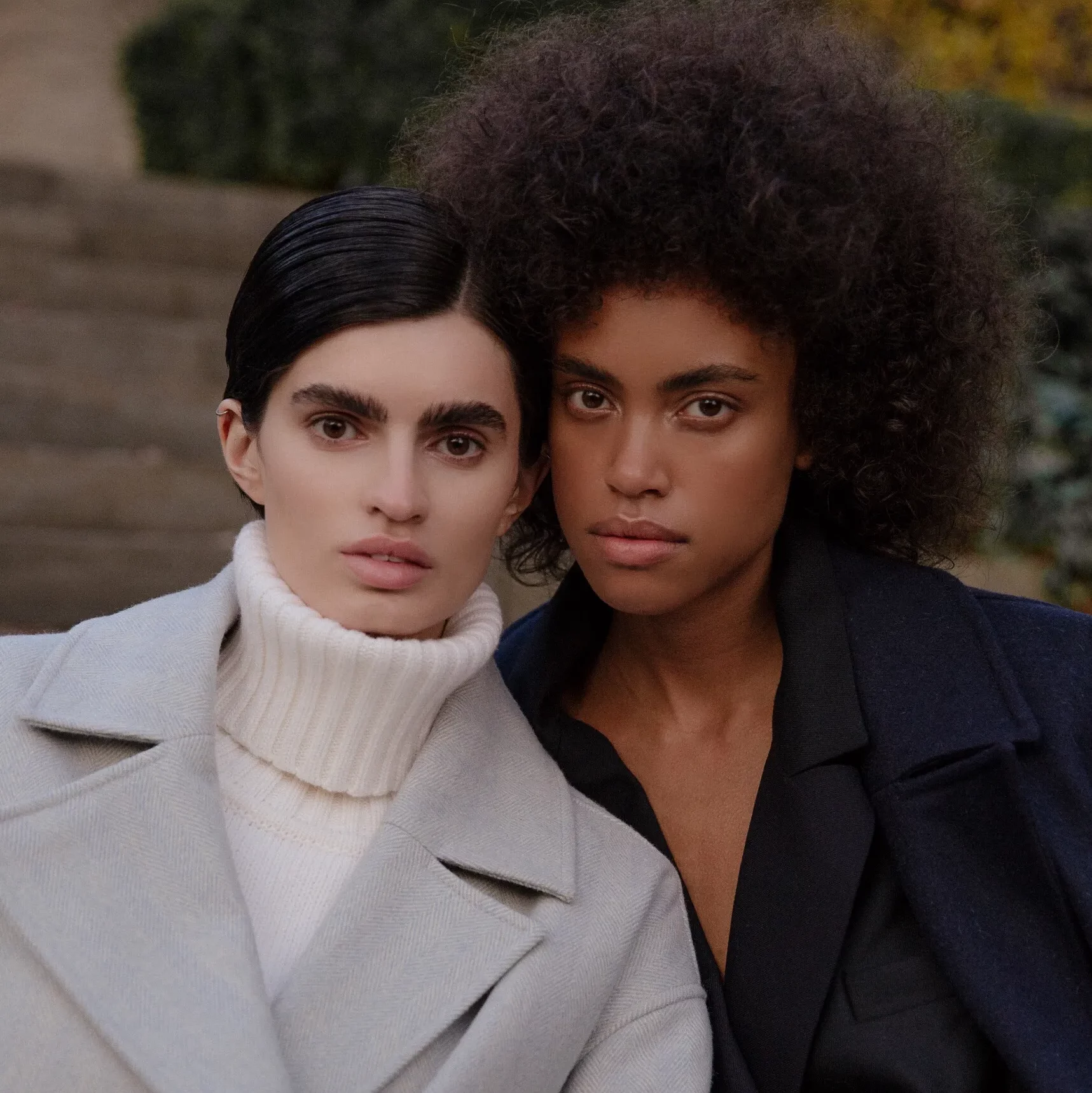
01
Attire the Studio
Attire is a luxury fashion brand based out of Paris that focuses on radical transparency, excellent quality, and ethical sourcing. The brand mainly sells luxury staples that will stand the test of time, such as classic trench coats, minimalist knitwear, and everyday basics. The brand has an unparalleled level of authenticity is nearly unheard of in the fashion industry.
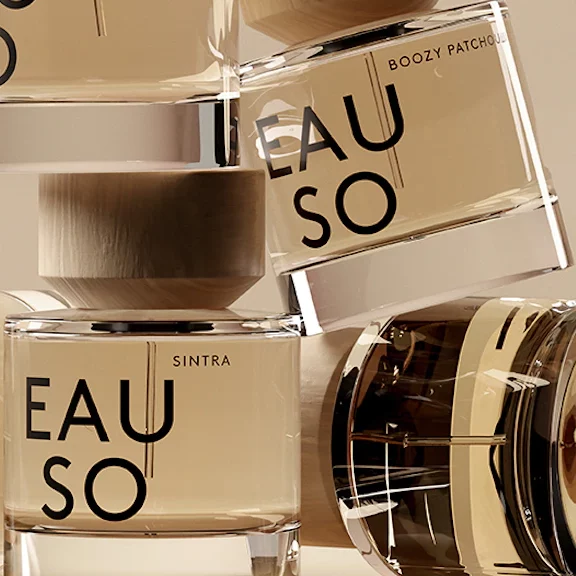
02
Eauso Vert
Eauso Vert is making waves with its sustainable and genderless fragrance line. Sourced with sustainable materials and committed to ingredient transparency, Eauso Vert is hoping to create a new standard in the luxury fragrance industry. Launched with six scents that range from fresh to woody and warm, there is a scent perfect for anyone.
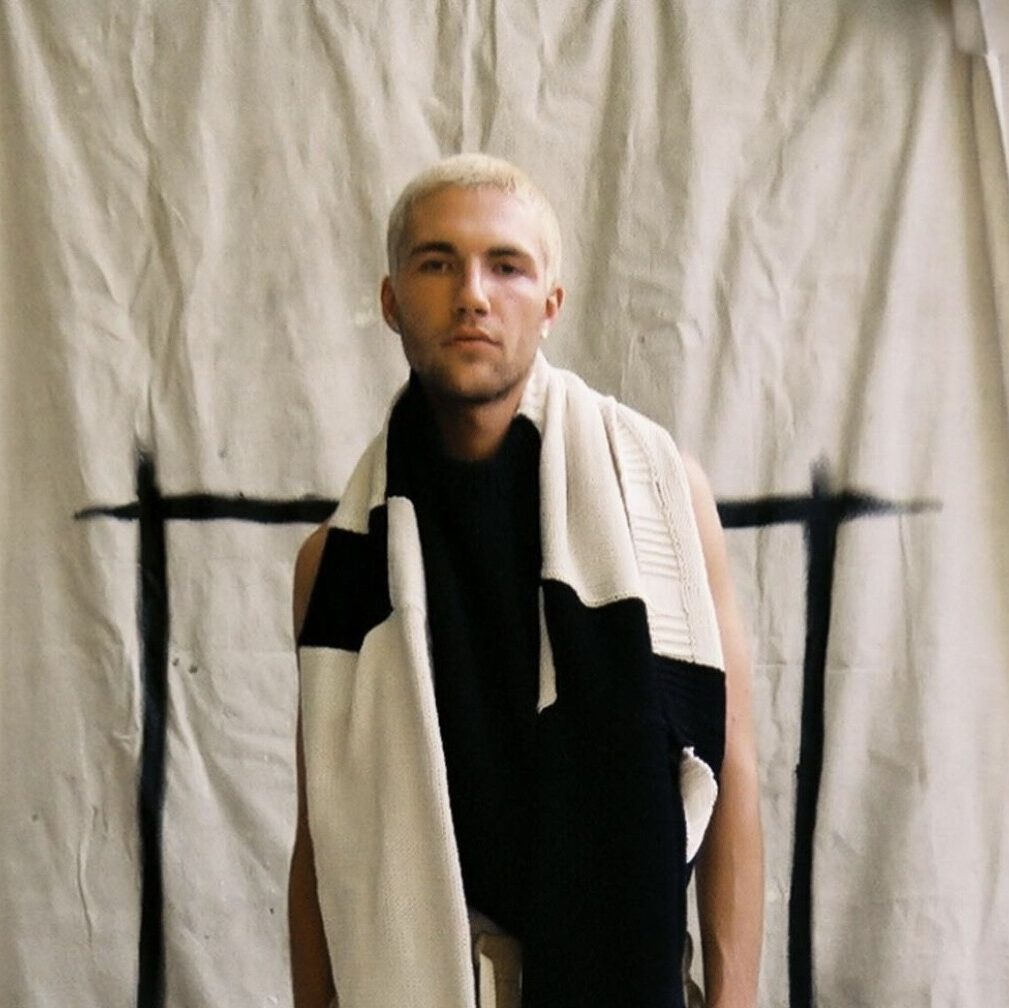
03
Suss Knits
The mother-daughter duo behind Suss Knits (pronounced sOOs) is committed to slow and small batch fashion and keeping their manufacturing process as low waste as possible. Intending to create a knitwear line focused on sustainability, ethical production practices, and inclusivity, Suss is creating knits to be enjoyed by everyone.
